
38 Software Business Success Stories [2025]
Building a software business can be both a rewarding and challenging venture. At its core, this idea involves developing, marketing, and maintaining software applications that solve specific problems for users or businesses.
To start, you need a deep understanding of coding, problem-solving skills, and a knack for innovation. Developers often spend hours brainstorming, coding, debugging, and refining their products. The key to success lies in identifying a unique problem that your software can address better than existing solutions.
What's captivating about a software business is its scalability. Once you’ve created a valuable product, the costs of distribution are minimal, allowing for significant profit margins. Whether it's a mobile app, enterprise software, or a cloud-based service, the potential for growth is immense.
For those with a passion for technology and a commitment to continual learning, starting a software business can be a compelling and lucrative career path.
In this list, you'll find real-world software business success stories and very profitable examples of starting a software business that makes money.
1. AppSumo ($80M/year)
Noah Kagan conceived AppSumo after being frustrated with the challenge of acquiring customers for his previous venture. Having a background in marketing at Mint.com, he noticed the potential for a service that could help web apps gain more users, especially with the rise of Dropbox and similar platforms. He created a simple landing page to collect emails and started validating the idea by connecting with companies and offering premium app deals at discounted prices.
To test the market, Noah cold-emailed the founder of imgur to negotiate a deal on their pro accounts, successfully securing an agreement to sell at a discounted rate. He then reached out to his network and obtained free ad space from Reddit to drive traffic. Along the way, he A/B tested landing pages and iteratively improved his offerings based on feedback. By securing his first 200 sales, Noah confirmed that his idea had viable demand and laid the groundwork for what would become AppSumo.
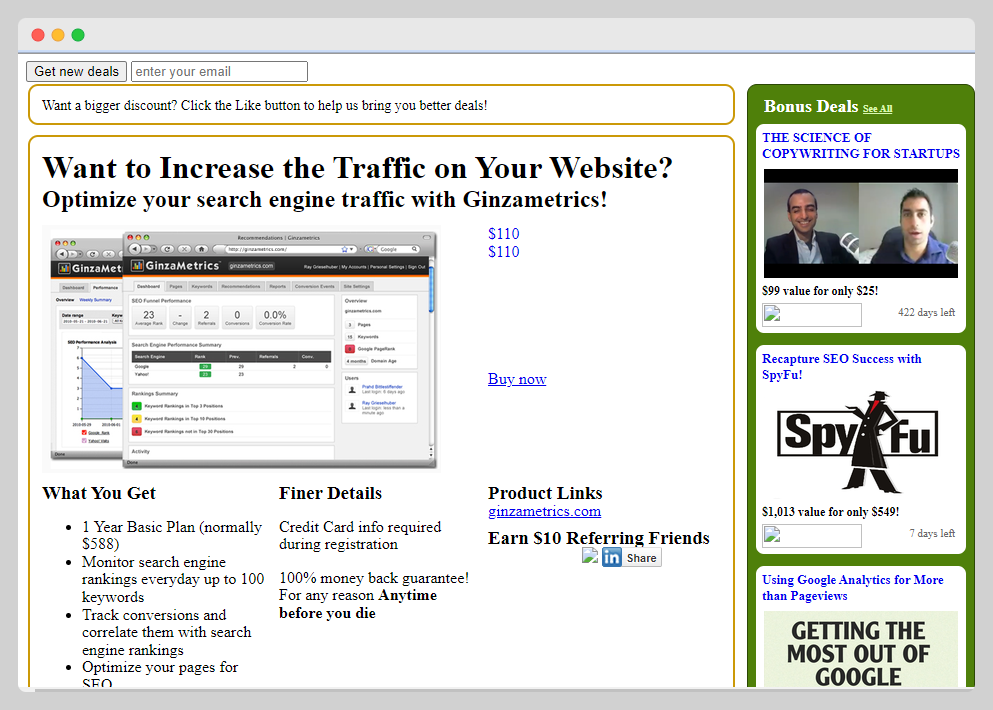
How much money it makes: $80M/year
How much did it cost to start: $50
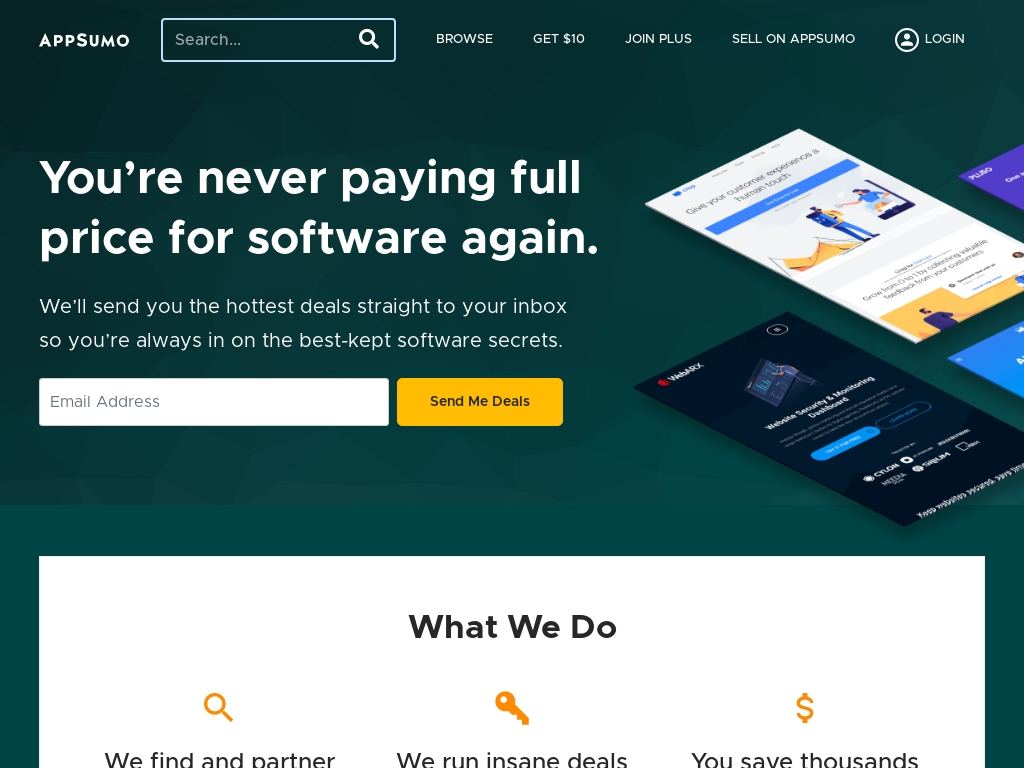

Discover how Noah Kagan built AppSumo into a powerhouse generating $80 million annually by leveraging cold emailing, strategic partnerships with web apps, and cost-effective marketing tactics like securing free ad space on Reddit, all while validating his ideas to ensure market demand with just $50 in initial setup costs, providing aspiring founders a roadmap to bootstrap their way to success.




2. Diesel Laptops ($50.4M/year)
Tyler Robertson, founder and CEO of Diesel Laptops, came up with the idea for his business while working at commercial truck dealerships. After seeing the complexity and cost of truck diagnostics, he found a software program in Canada that could make diagnostics easier, and started selling kits on eBay. This side business eventually became Diesel Laptops, a company that offers bundled kits, technical support, and repair information to the diesel industry.
How much money it makes: $50.4M/year
How many people on the team: 180
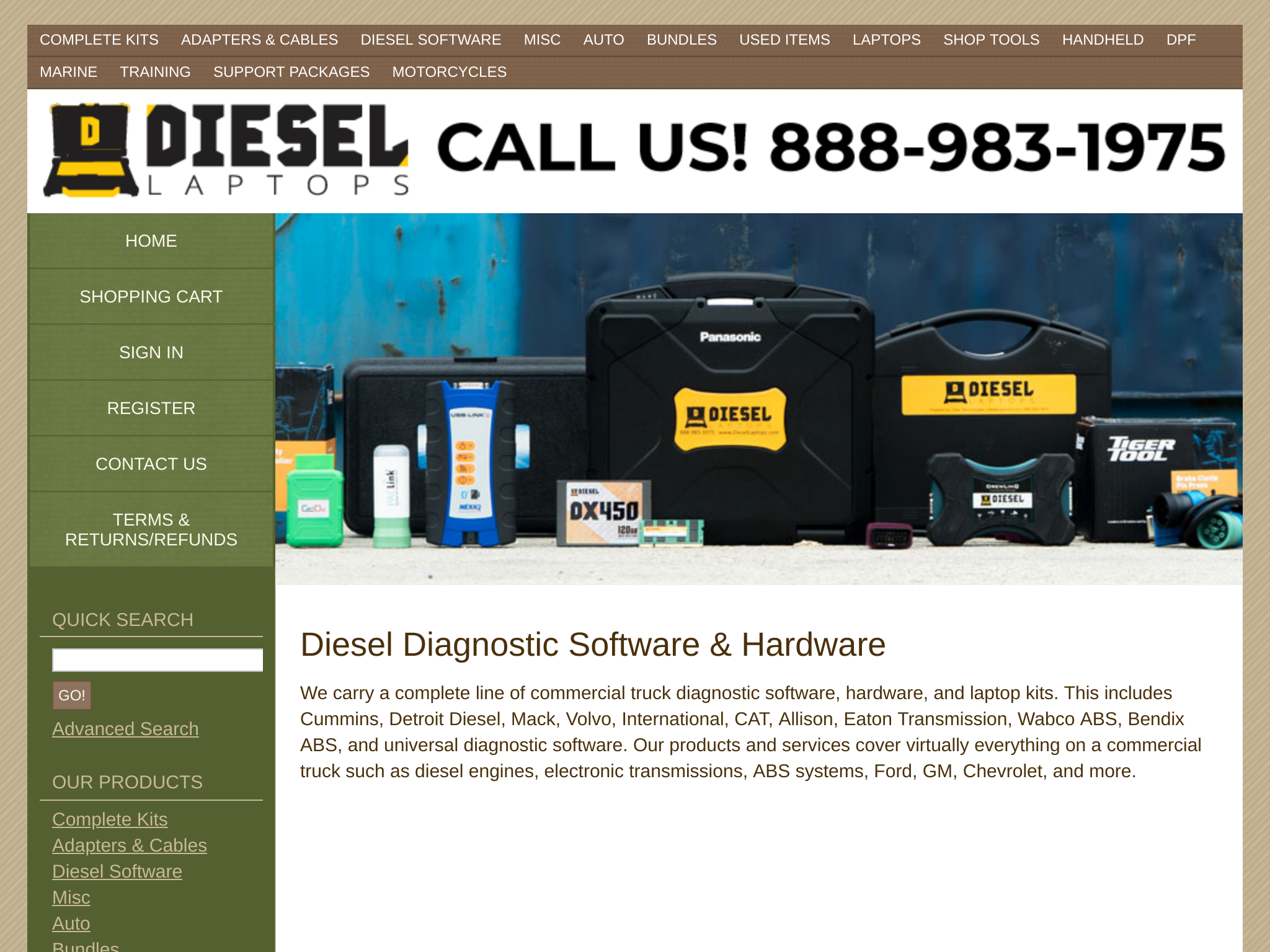

Diesel Laptops, a B2B company that sells diesel diagnostic hardware, software, and services, successfully doubled revenue each year to make $20 million annually within three years, grew from its founder's garage and dining room table to a 21,000 square foot facility with over 90 employees by listening to customer pain points and offering the bundled products, technical support and repair information to attract and retain diesel technicians and repair shop owners.




3. Chili Piper ($40M/year)
Alina Vandenberghe and her co-founder Nicolas began Chili Piper in 2016, inspired by their extensive backgrounds in product development and sales processes. They identified a common pain point for sales teams: the inefficiency and frustration involved in scheduling meetings and managing sales leads. Through attending numerous industry events and engaging directly with potential customers, they validated that there was a significant need for a solution that could streamline this process.
Their initial approach was very hands-on; at these events, Nicolas would secure interest and demos on the spot, then Alina would handle onboarding and support, allowing them to gather critical real-time feedback. This feedback loop helped them continuously refine their solution, ensuring it met the actual needs of their users. One major challenge they faced was conceptualizing their brand and logo, which Alina sketched over a hundred times before they landed on the right design, overcoming this through persistence and external design help.
Key lessons from their process include the importance of deeply understanding their customers’ problems and remaining adaptable based on direct user insights. They learned early on that personal engagement and a customer-centric approach were crucial components in developing an effective, valued product.
How much money it makes: $40M/year
How many people on the team: 300

Aspiring founders will learn how Chili Piper's founders bootstrapped their way to $3 million ARR without paying salaries, raised over $54 million in funding, and secured rapid growth through strategic partnerships, personalized customer service, and effective influencer marketing campaigns.




4. LeafLink ($19.2M/year)
Ryan G. Smith and Zach Silverman came up with the idea for LeafLink after recognizing the fragmented and inefficient state of the cannabis supply chain. In 2015, they saw that as legalization progressed, cannabis businesses lacked the basic tools and systems other industries took for granted. Both Smith and Silverman had extensive backgrounds in technology and startups, which helped them identify the gap and envision a solution.
Before diving in, they conducted thorough research by visiting states like Colorado and Washington, analyzing how cannabis retailers and brands operated. They observed that many businesses were manually managing inventory and sales, often using rudimentary methods like whiteboards and text messages. These inefficiencies highlighted the need for a streamlined, digital B2B marketplace.
They initially refined their idea through continuous dialogue with potential users, incorporating feedback to better address real-world challenges. This iterative process helped them design a platform tailored to the specific needs of cannabis businesses. While they faced initial skepticism and the complexities of adhering to different state regulations, their persistence and ability to listen to customer needs enabled them to create a product that significantly improved operational efficiency across the industry.
How much money it makes: $19.2M/year
How many people on the team: 294

Discover how LeafLink transformed the cannabis supply chain by creating a streamlined B2B marketplace, securing over $50 million in investments and surpassing $100 million in transactions, all while navigating complex regulations and optimizing efficiency for hundreds of cannabis businesses nationwide.




5. Tilled ($10M/year)
Caleb Avery, the founder of Tilled, spent nearly a decade in the payments industry and constantly faced frustrations from his clients about the unsatisfactory onboarding process and the struggle to monetize payments. He observed that while many businesses streamlined their core product implementations, the payment processes remained cumbersome, requiring lengthy paperwork and waiting periods. This often resulted in a poor customer experience and drop-offs.
Recognizing that the solutions on the market didn't meet the dual needs of quick onboarding and revenue maximization, Caleb began researching what it would take to create a better solution. He consulted with large software companies and delved into existing PayFac-in-a-Box providers, learning that while these options existed, they required significant time and financial investment, making them unrealistic for most companies.
Caleb validated his idea by examining the challenges his consulting clients faced and envisioning a platform that offered a seamless, instant onboarding experience combined with strong economic benefits. Despite encountering skepticism and realizing the tough path ahead, Caleb refined his approach based on feedback and his deep industry insights. The primary lesson he learned was the necessity of marrying technology with user-centric design and transparent, fair economics, which led to the creation of Tilled’s PayFac-as-a-Service platform.
How much money it makes: $10M/year
How many people on the team: 40
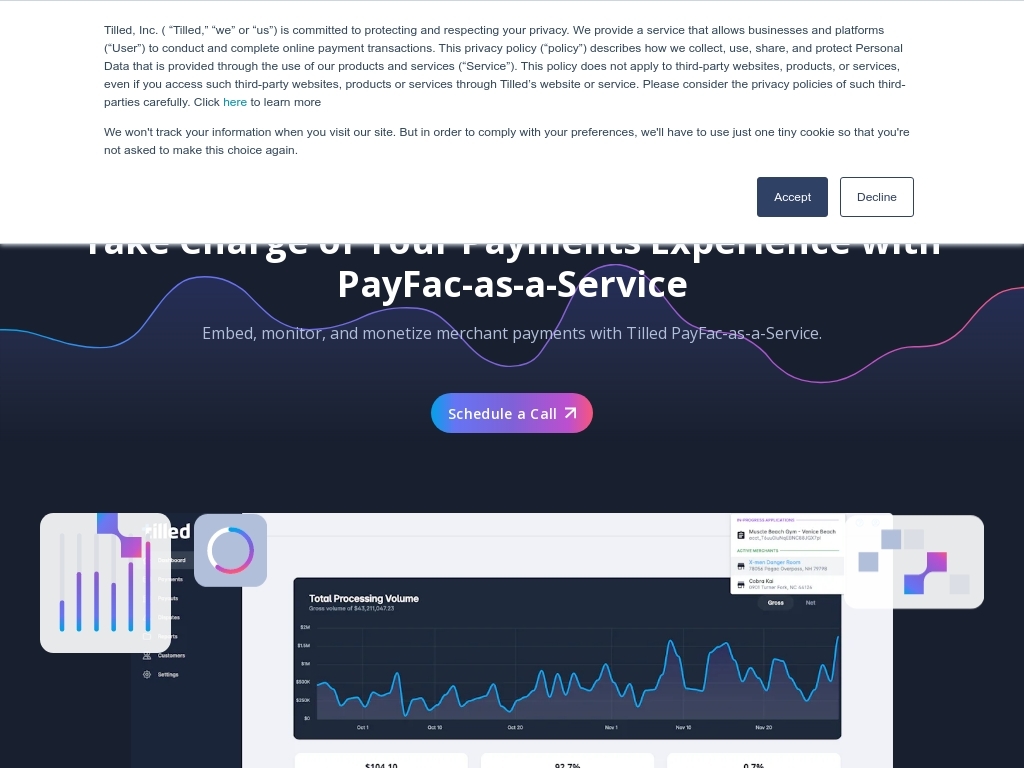

Tilled, founded by Caleb Avery, revolutionized payment processing for software companies with a seamless onboarding platform, cutting integration time from six months to nine days, and pushed annual revenues to $10 million by effectively leveraging LinkedIn and strategic channel partnerships.




6. Cognota ($6M/year)
Ryan Austin's lightbulb moment came when he realized that corporate L&D teams manage a staggering $320 billion in spending without a dedicated operating system, leading him to create Cognota to streamline their workflows and improve productivity.
How much money it makes: $6M/year
How much did it cost to start: $500K
How many people on the team: 40
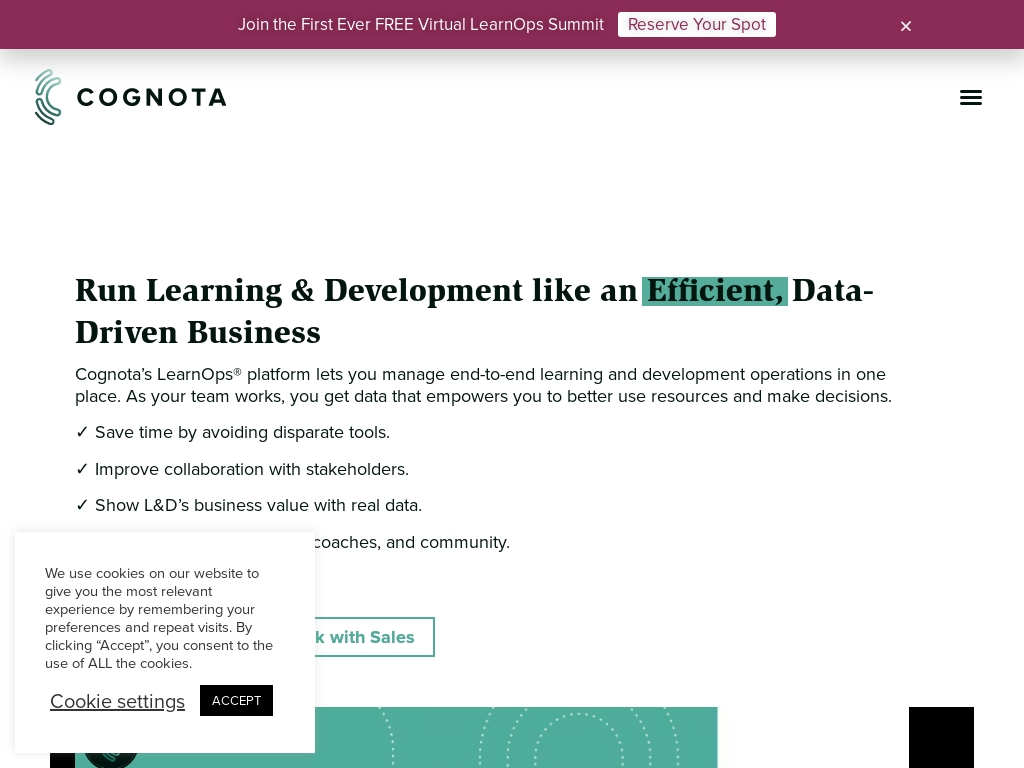

Cognota is a learning technology company that has developed an operating system specifically for corporate learning and development (L&D) teams, streamlining their workflows and providing valuable insights for increased productivity. Despite facing challenges and taking longer than expected to launch, the company has experienced steady revenue growth and customer satisfaction, positioning itself as a leader in the industry.




7. Third Wave Analytics ($3.96M/year)
Savitra Sharma, the founder of Third Wave Analytics, came up with the idea for her business after witnessing the inefficiencies of technology in laboratories during her previous consulting roles. Realizing the need for a more optimal system, she reached out to Salesforce and proposed a collaboration to bring a new kind of software into the laboratory. With just $200 in capital, Sharma started Third Wave Analytics and built the world's first cloud-based laboratory information management system (LIMS) called Lockbox LIMS, which is now used internationally by organizations in various industries.
How much money it makes: $3.96M/year
How much did it cost to start: $200
How many people on the team: 7
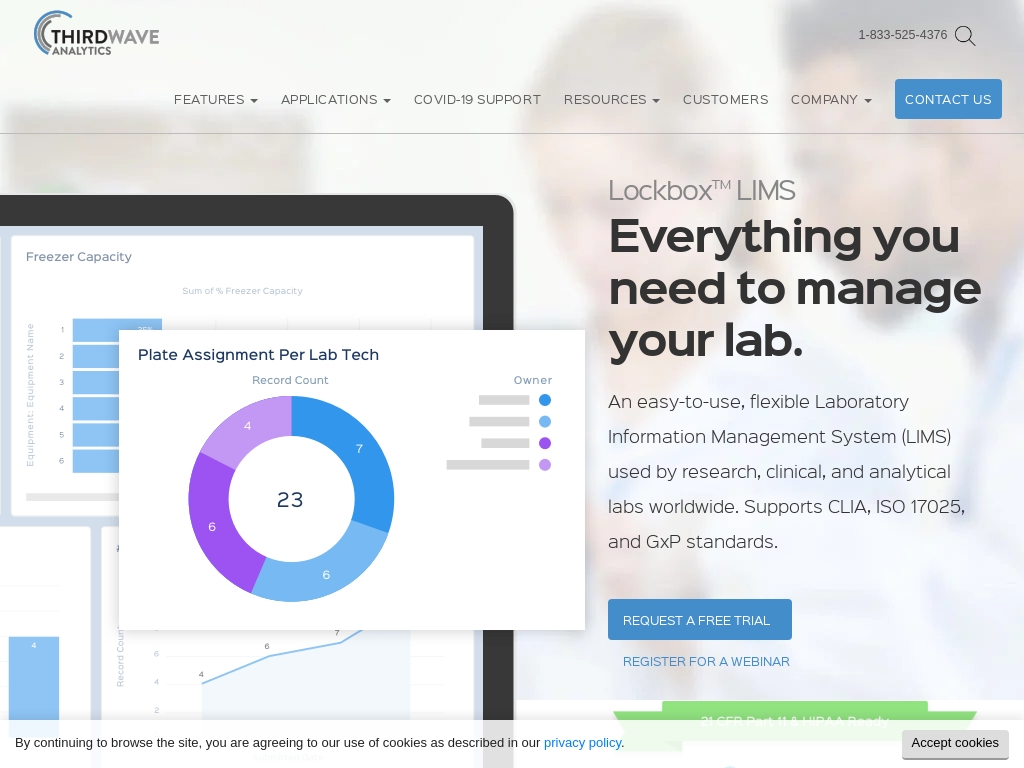

Third Wave Analytics developed the world's first cloud-based and customizable LIMS platform on Salesforce, generating $330k monthly revenue from clients such as Ohio State University and Boston University School of Medicine while partnering with the University of California-Berkeley for a COVID-19 study; founder Savitra Sharma advises aspiring entrepreneurs to focus on clear objectives to meet their goals.




8. HMS ($2.7M/year)
Chris Vandersluis founded HMS Software back in 1984 after securing a contract to create a project management tool and timesheet for Philips Electronics. Through iterations and feedback from both project management and finance teams, Vandersluis and his team developed a unique timesheet system that could serve both purposes, ultimately leading to the creation of TimeControl. HMS Software has grown organically and made between $2 million and $3 million in revenue last year, with a profitable margin of approximately 30%.
How much money it makes: $2.7M/year
How much did it cost to start: $999
How many people on the team: 15
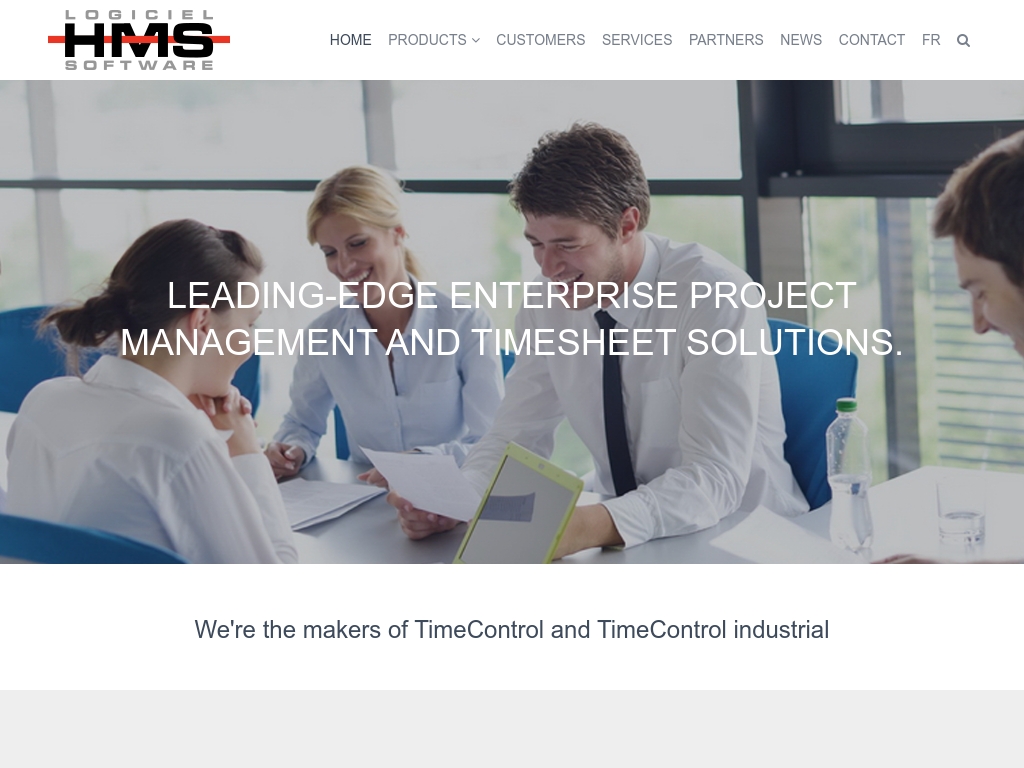

Montreal-based software company HMS Software generated between $2 million and $3 million in revenue last year, boasting a 20-30% net profit margin and a successful self-funded model. Its project-based timesheet software, TimeControl, is used by a plethora of large private and public organizations to track both activity-based time for updating project management plans and timesheet data for finance.




9. Idea Drop ($2.4M/year)
Charlie de Rusett, CEO and Founder of Idea Drop, came up with the idea for the business while running his previous company, Yellowball. He realized that there was a lack of user-friendly software for capturing and implementing ideas within teams, so he decided to build his own web-based prototype. After seeing the positive impact of the ideas generated within his own team, Charlie saw the potential for Idea Drop to revolutionize idea management for businesses of all sizes and sectors.
How much money it makes: $2.4M/year
How much did it cost to start: $50K
How many people on the team: 25
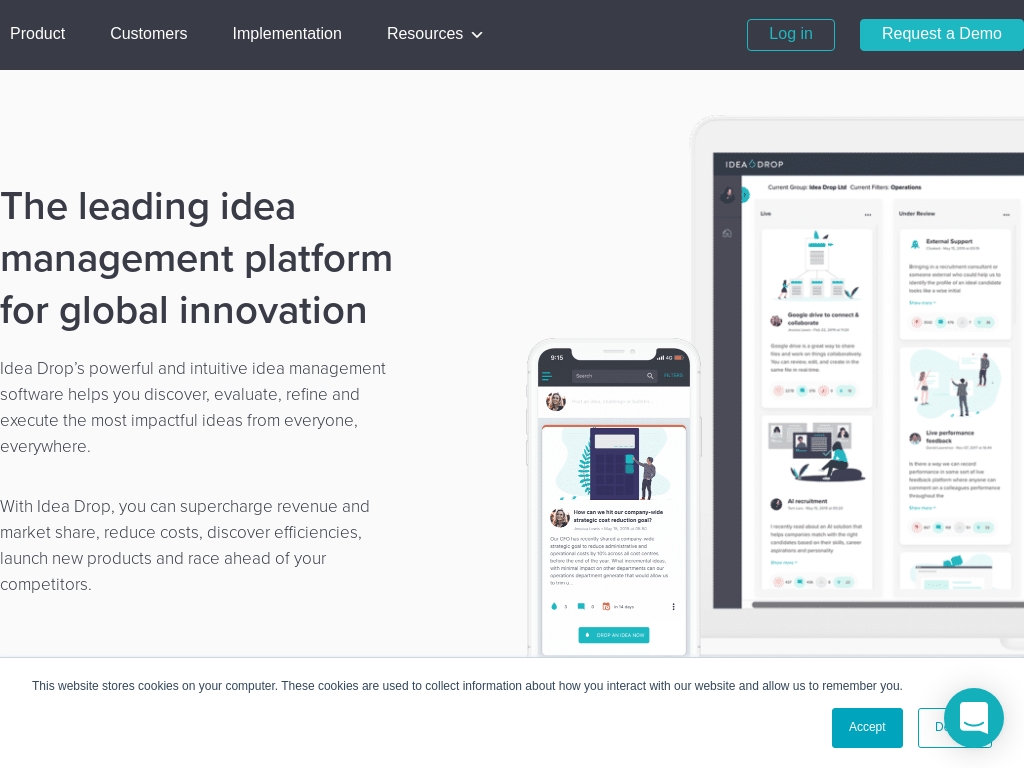

UK-based Idea Drop is a software-as-a-service (SAAS) allowing businesses to identify, refine and execute innovative ideas through its platform, which is already being used by MT, Ericsson, and the Kent Police Force, offering a public challenge facility allowing clients to crowdsource ideas, with one Covea idea implemented via the platform estimated to save the company £2.5m over five years.




10. Barn2 Plugins ($1.7M/year)
Katie and her husband Andy founded Barn2 Plugins in 2009 as a web design shop. They saw the opportunity to transition into a product business and identified gaps in the market by leveraging their insider knowledge of the industry and researching pain points online. They started with their first product, WooCommerce Password Protected Categories, and focused on low-cost, low-risk solutions that could be quickly developed and launched. Through content marketing and targeted advertising, they have been able to attract and retain customers, generating over $100,000 in monthly revenue with their 16 products.
How much money it makes: $1.7M/year
How much did it cost to start: $0
How many people on the team: 17

Barn2 Plugins, founded in 2009 by a husband-and-wife duo, sells innovative software products generating over $100,000 in monthly revenue aimed at website owners on the WordPress and WooCommerce platforms, with their first product, WooCommerce Password Protected Categories, launched to market after identifying a gap in the industry.




11. MarsX ($1.2M/year)
The founder of MarsX Inc, a low-code development platform, came up with the idea after experiencing the repetitive and time-consuming nature of building startups. Frustrated with traditional development methods, the founder wanted to create a tool that would simplify the process and allow for the reuse of code. Now, with hundreds of projects on the platform and a dedicated team, MarsX is looking to scale and target a specific market.
How much money it makes: $1.2M/year
How much did it cost to start: $300K
How many people on the team: 15
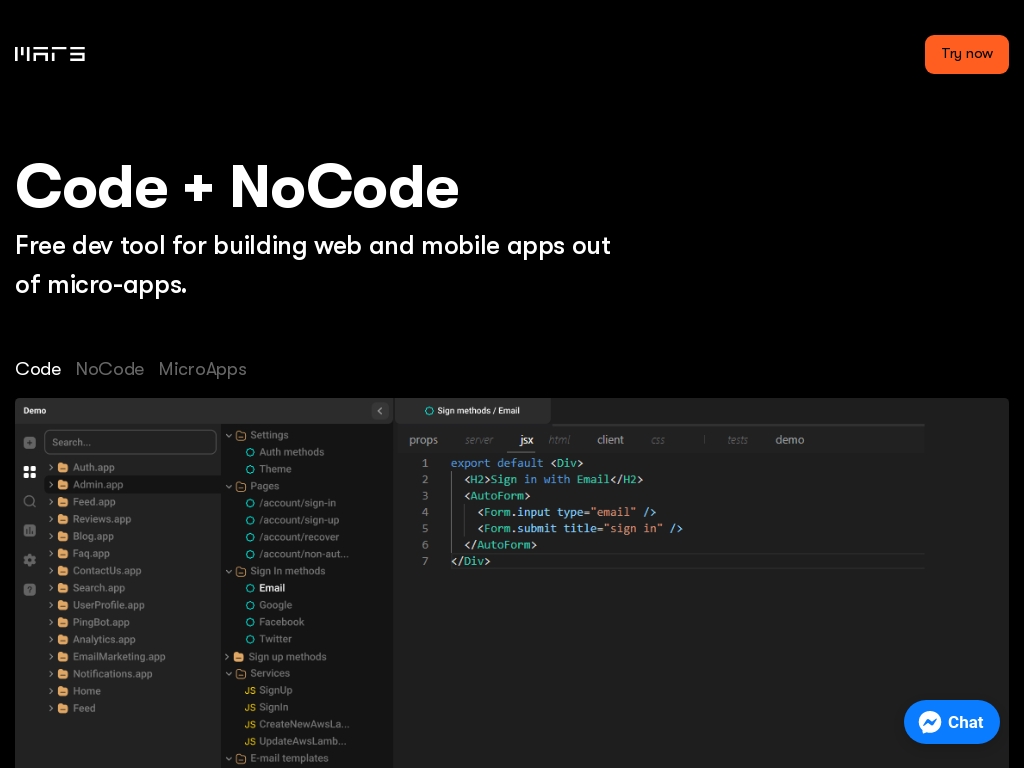

MarsX, a low-code development platform with micro-apps that saves founders 90% of the time and provides flexibility on demand, has over 261 projects on the platform and has attracted hundreds of users through word of mouth.




12. Blend ($1.2M/year)
During his work on various API projects, Vaibhav Prakash envisioned an app simplifying e-commerce product photography. Teaming up with Vishwanath Kollapudi and Jamsheed Kamardeen, they launched Blend in 2021, which now ranks among the top three design apps in Southeast Asia, driving over 30% monthly growth.
How much money it makes: $1.2M/year
How much did it cost to start: $0
How many people on the team: 28
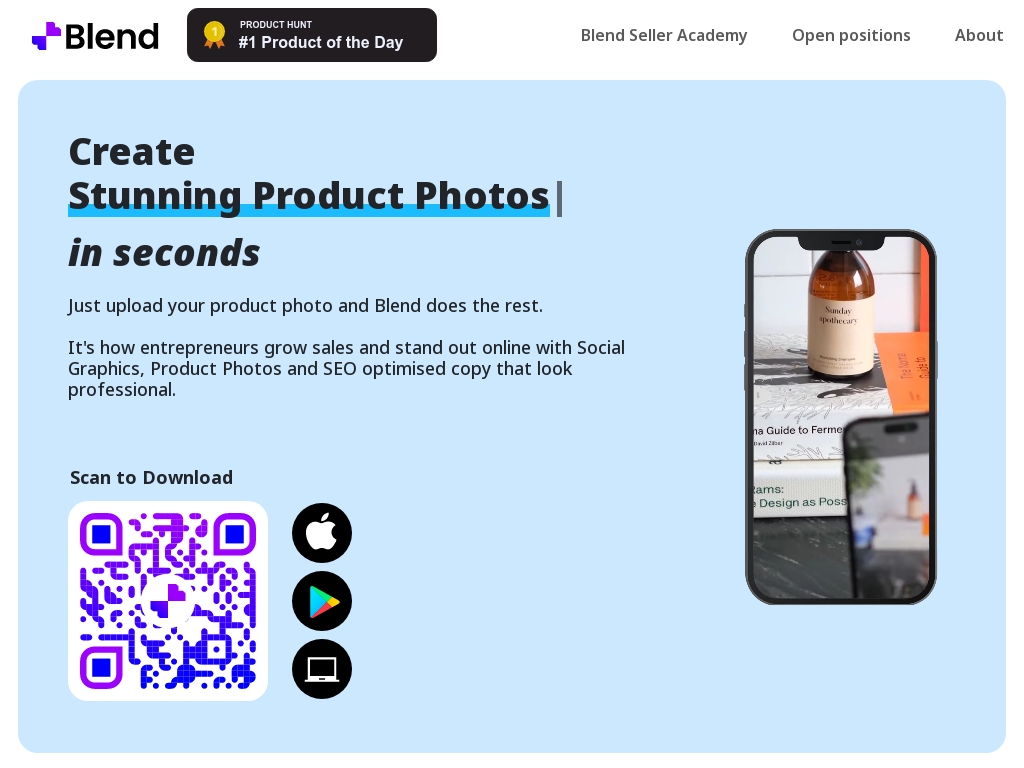

Blend is an AI-powered design and product photography tool for e-commerce sellers that helps solve the common problem of high costs and strong competition faced by direct-to-consumer (D2C) businesses, with the goal of leveling the playing field for small businesses and larger brands by democratizing content creation and helping them grow.




13. Modelnet ($1.2M/year)
Dmitry Alentyev came up with the idea for Scrile when he was working part-time as a Java developer and tasked with finding feasible projects in the international market. After the 9/11 terrorist attack affected the international market, Alentyev decided to start his own company and offer custom development orders to clients. Over time, they began to create their first business product, WebVideo, which evolved into the ModelNet platform.
How much money it makes: $1.2M/year
How much did it cost to start: $200K
How many people on the team: 50
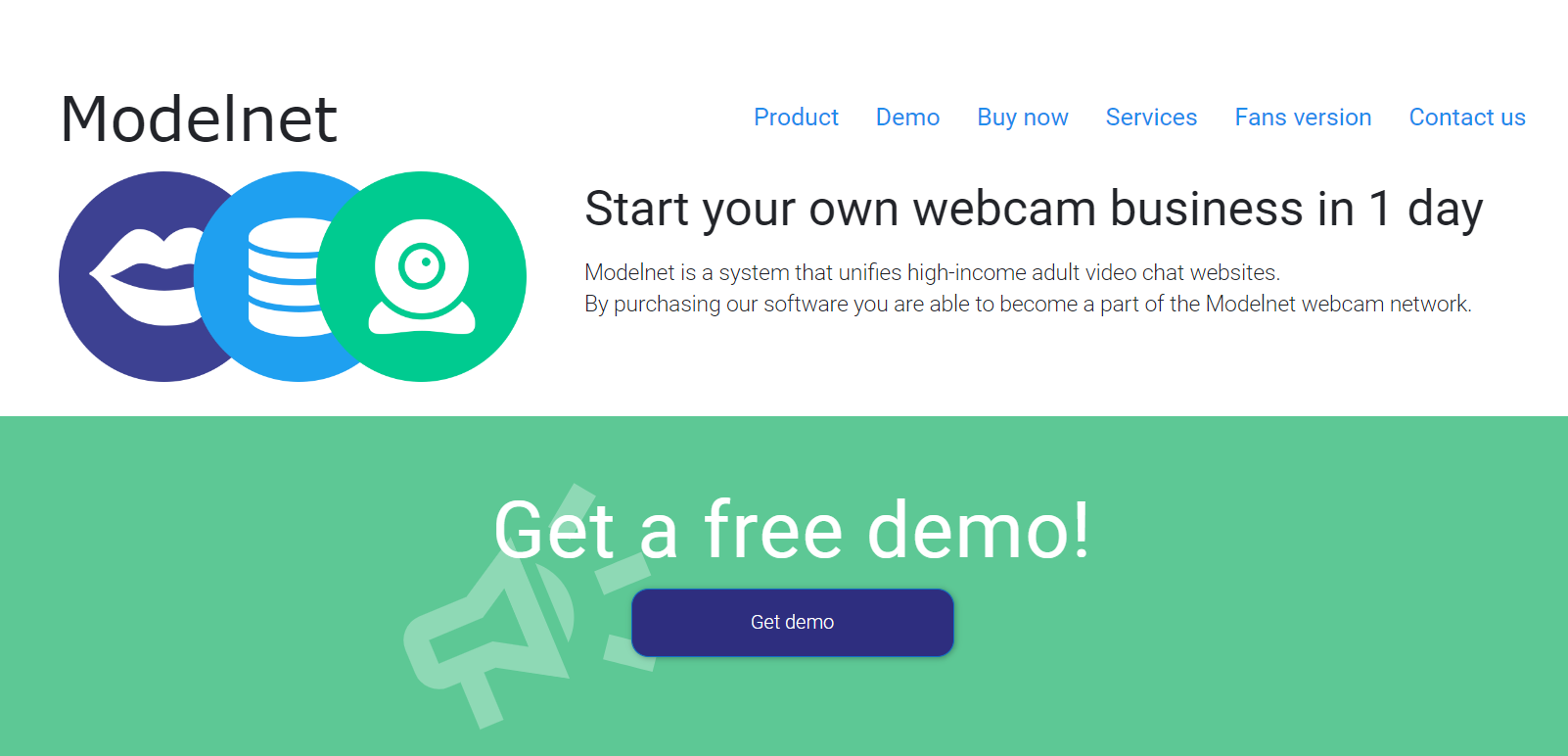

Scrile, a software development company, created ModelNet, a platform for online video conferencing and live video chat that has earned $1.5M in sales with a margin of 40-50%, and expanded into new markets and niches such as online expert advice and consulting and telemedicine.




14. Sinry Advice ($1.2M/year)
Sina originally pursued a degree in International Business Management in Malaysia before returning to Iran to work in the import-export business, where he learned about eCommerce and dropshipping. In 2019, a friend introduced him to a unique product opportunity, prompting the launch of an eCommerce store.
Sina's first sale involved a digital product with no manufacturing costs, marking a significant success. This achievement inspired him to create My EA Academy and launch a third business in October 2021, which now earns six figures.
How much money it makes: $1.2M/year
How much did it cost to start: $388
How many people on the team: 6
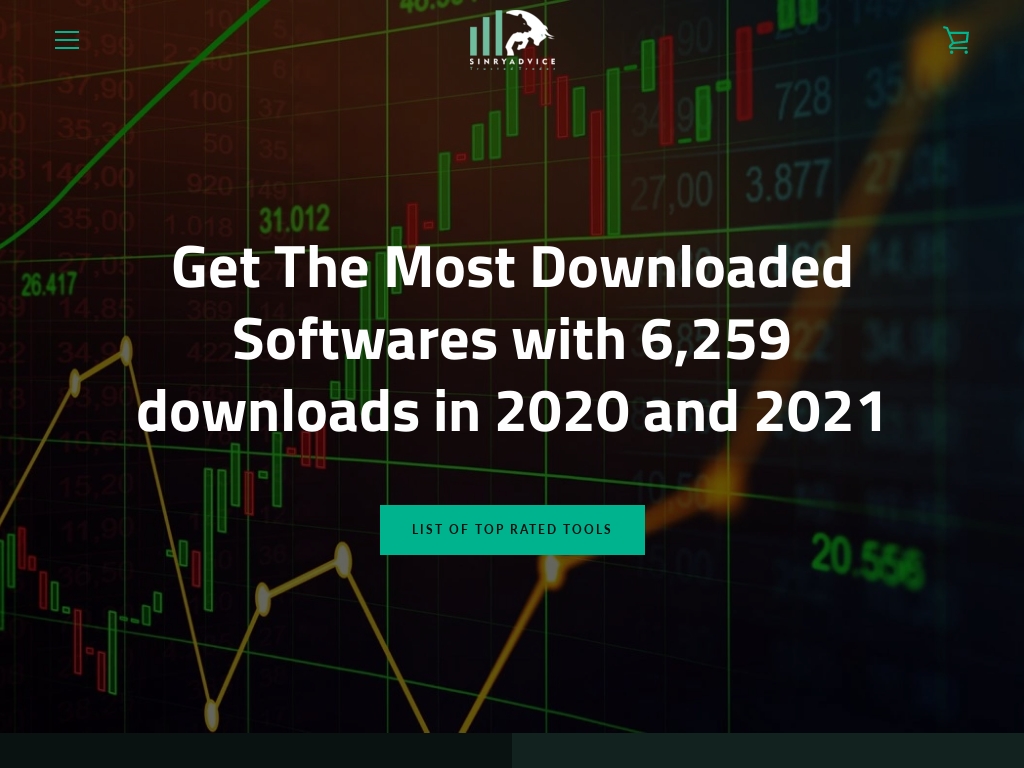

Entrepreneur Sina Sinry started an eCommerce business selling the best performing forex robot, generating monthly earnings of over $100,000 from his digital products, which he developed with the help of professional developers and found success through Facebook Ads.




15. TutorCruncher ($1.2M/year)
Samuel Colvin, the Co-founder of TutorCruncher, came up with the idea while working at a tutoring agency and realizing the need for a software solution to streamline administrative tasks. Through hard work and collaboration with tutoring agencies, the TutorCruncher system was developed and launched in 2013. Today, it is the leading tutor management software in the UK, trusted by over one million users worldwide.
How much money it makes: $1.2M/year
How much did it cost to start: $500
How many people on the team: 0
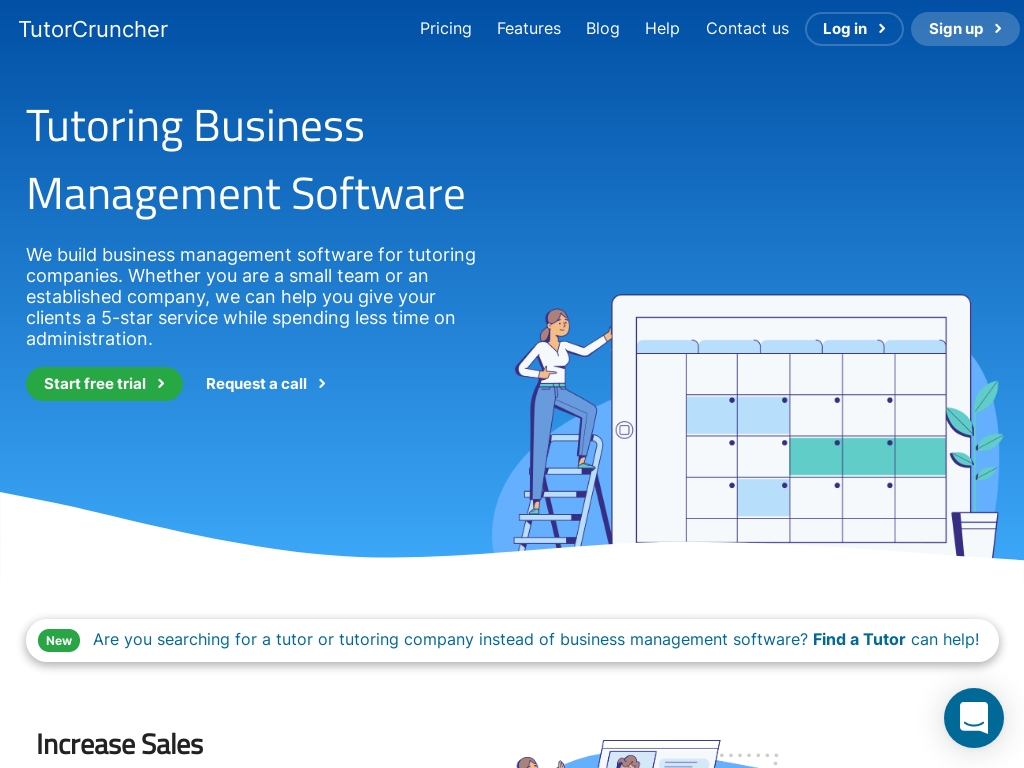

TutorCruncher Co-founder Samuel Colvin details the success story of his tutor management software company, which has grown to become the leading software in the UK with over one million users worldwide and is set to expand its market through the launch of a new Tutor App.




16. Cobuild Lab ($1.08M/year)
Angel Lacret, the founder of Cobuild Lab, started the company 5 years ago after moving to Miami from Venezuela. As a software engineer with previous experience in creating products for startups and government organizations, Lacret saw the need to help entrepreneurs succeed by providing them with custom software solutions. Over the years, Cobuild Lab evolved its product development process, focusing on sustainable software development and establishing a strong customer service approach. Despite the challenges posed by the COVID-19 pandemic, the company adapted its strategy and saw significant growth, doubling its revenue and staff in 2021. Cobuild Lab's future goal is to continue expanding its sales and lead generation efforts, aiming for a 2x growth in 2022.
How much money it makes: $1.08M/year
How much did it cost to start: $20K
How many people on the team: 45
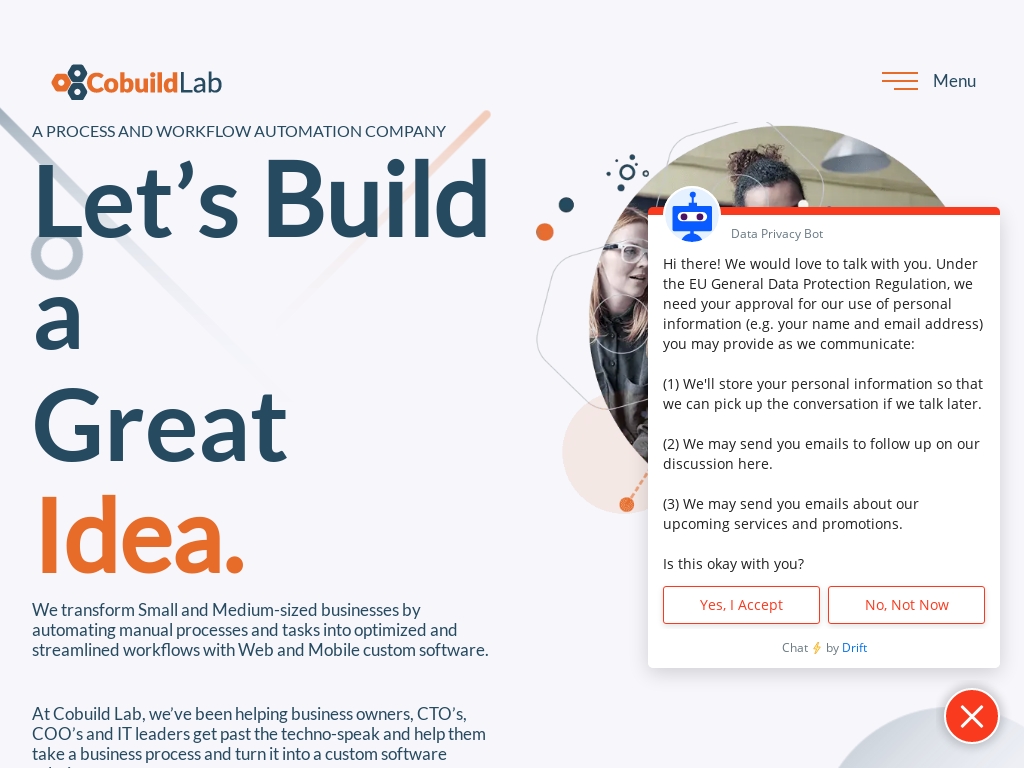

Cobuild Lab's CEO and Founder Angel Lacret shares his journey of starting a custom software solutions company, starting from $20k and growing to a team of over 50, and offers insights on attracting and retaining customers through a strong digital marketing campaign and building personal relationships, as well as emphasizing the importance of product market fit and sales.




17. Salonist Software ($1M/year)
Neeraj Gupta, the Managing Director of Shrivra and founder of Salonist, came up with the idea for his business after a salon owner approached his IT services company for help with selling services and booking appointments online. Recognizing the challenges faced by the beauty and wellness industry, Neeraj decided to create a comprehensive software solution that would streamline scheduling processes and improve the customer experience. Since its launch in 2017, Salonist has attracted over 10,000 customers worldwide and continues to grow.
How much money it makes: $1M/year
How much did it cost to start: $149
How many people on the team: 100
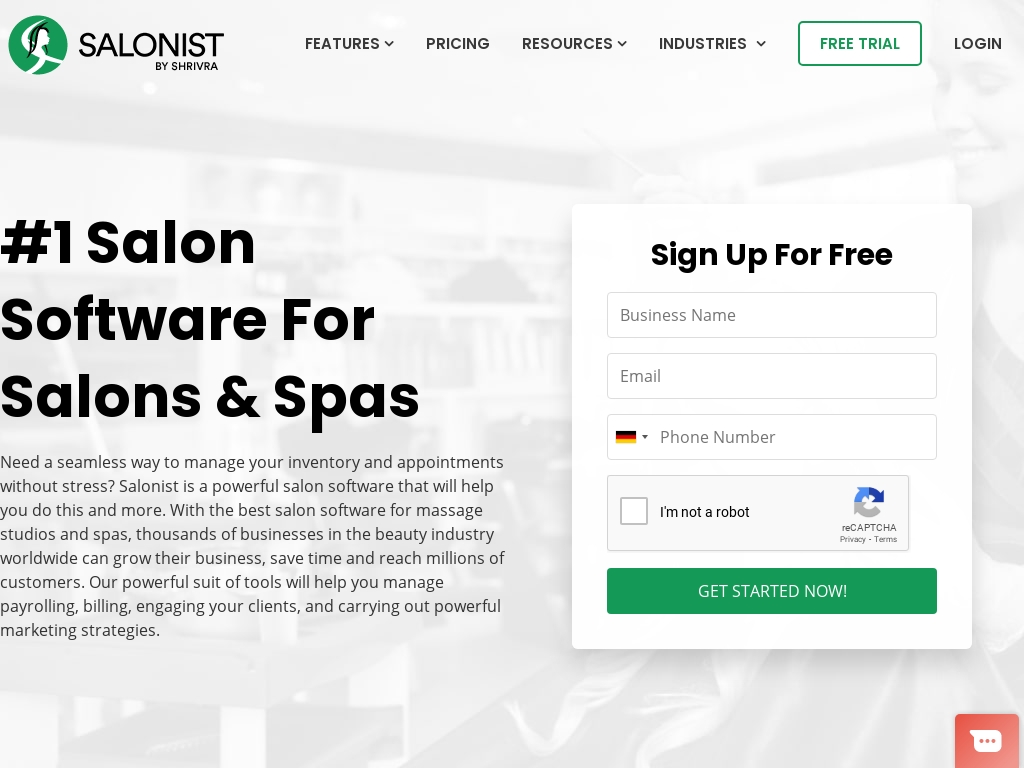

Salonist.io is a one-stop software solution for businesses in the health, beauty, and wellness industries, with around 10,000 customers worldwide, offering everything from customer management to Point of Sale, online bookings, multi-location management, marketing, and much more.




18. Referral Rock ($840K/year)
Back in 2013, the founder was at a car dealership and overheard a conversation about a referral. He noticed the salesperson’s momentary confusion before switching to sales mode, which sparked curiosity about how traditional businesses manage referrals. This observation led to research, which confirmed that existing referral programs were primarily for e-commerce, unveiling an untapped market for non-e-commerce businesses.
Seeking validation, the founder surveyed small businesses they had connections with, such as real estate agents and local contractors. The feedback was lukewarm, but conversations with consumers participating in referral programs highlighted significant pain points, compelling the founder to move forward despite the initial skepticism. They constructed a minimal viable product (MVP) using simple tools, bypassing a full database to test the waters quickly and cost-effectively.
The founder's approach was hands-on and iterative. They continuously tweaked the product based on user feedback, even conducting manual updates from user inputs gathered through form tools. A pivotal moment was realizing, through direct customer interactions, that the product could indeed charge fees, which validated the business potential and guided strategic decisions thereafter. Despite early challenges, including the struggle to charge customers and manage product scope, the founder’s persistence, driven by customer insights and a pragmatic approach to development, proved crucial in refining the idea and setting Referral Rock on a path to success.
How much money it makes: $840K/year
How many people on the team: 12
Referral Rock revolutionized customer acquisition by automating referral programs to unlock word-of-mouth potential, surging from its MVP to generating $70,000 in MRR, thanks to strategic pivots, content marketing, and leveraging customer feedback.




19. GitScrum ($600K/year)
Renato Marinho came up with the idea for GitScrum out of frustration with ineffective project management tools and inefficiencies he observed as an IT manager. He noticed how poor communication and inadequate time management were obstacles, preventing teams from reaching their full potential. Inspired to create a solution that would enhance productivity and make work more enjoyable, Renato sought to develop a user-friendly project management tool grounded in Agile and Scrum principles.
Initially, GitScrum began as an open-source side project on GitHub, where it quickly garnered global support from developers and IT enthusiasts. This broad interest affirmed the demand for such a tool, prompting Renato to refine his initial concept. Through active feedback collection from early users, Renato iterated on the software, adding features that aligned with his vision of promoting meritocracy and performance tracking within teams.
One of the key challenges Renato faced during the ideation phase was finding a way to make the tool accessible to both technical and non-technical users. By leveraging user insights and maintaining a focus on simplicity, GitScrum was able to strike a balance between robustness and ease of use, which has been a cornerstone of its success. This journey taught Renato the value of community engagement and the importance of continuously adapting to feedback to refine the product.
How much money it makes: $600K/year
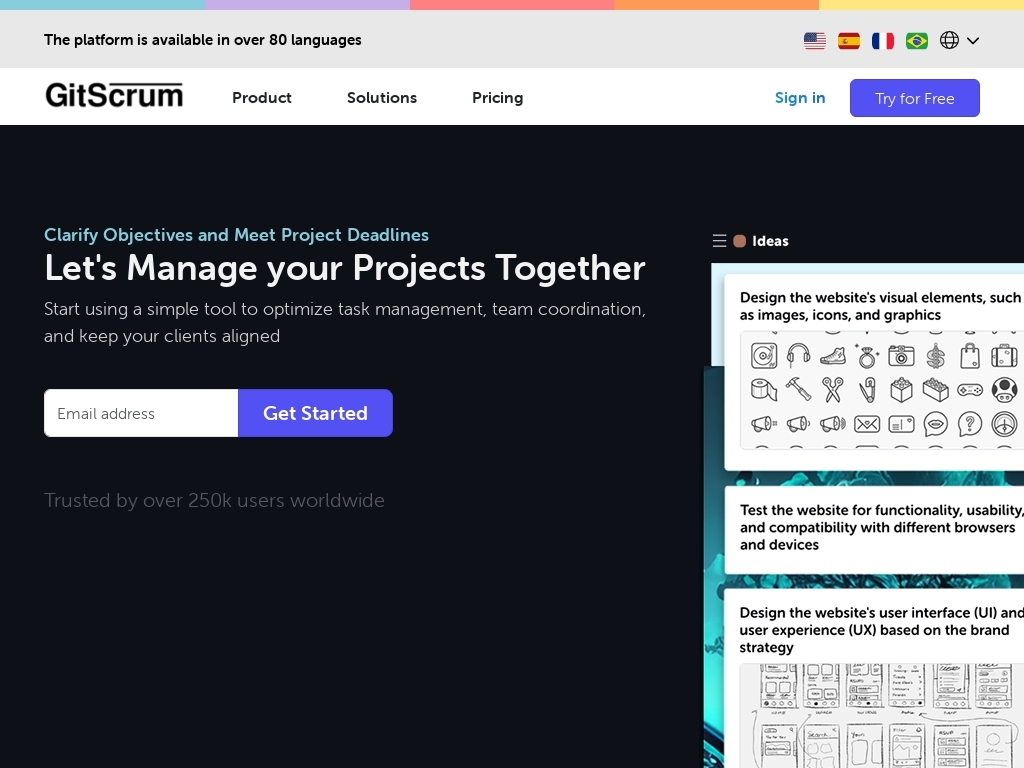

Unlock the blueprint to transforming a side project into a $600,000-a-year SaaS success by leveraging open-source communities and aggressive Facebook ad strategies, as GitScrum exemplifies an adaptable business model that effectively targets freelancers and small businesses with a gamified, user-friendly project management tool.




20. Modern Launch ($600K/year)
Cody Benedetto and Ryan Serkes, founders of Modern Launch, started their custom software development company after experiencing success with their own business ventures. Within just three months of launching, they generated over $100k in revenue and have been profitable since their third week in business. Their services include mobile application development, website development, and custom software development.
How much money it makes: $600K/year
How much did it cost to start: $5K
How many people on the team: 2
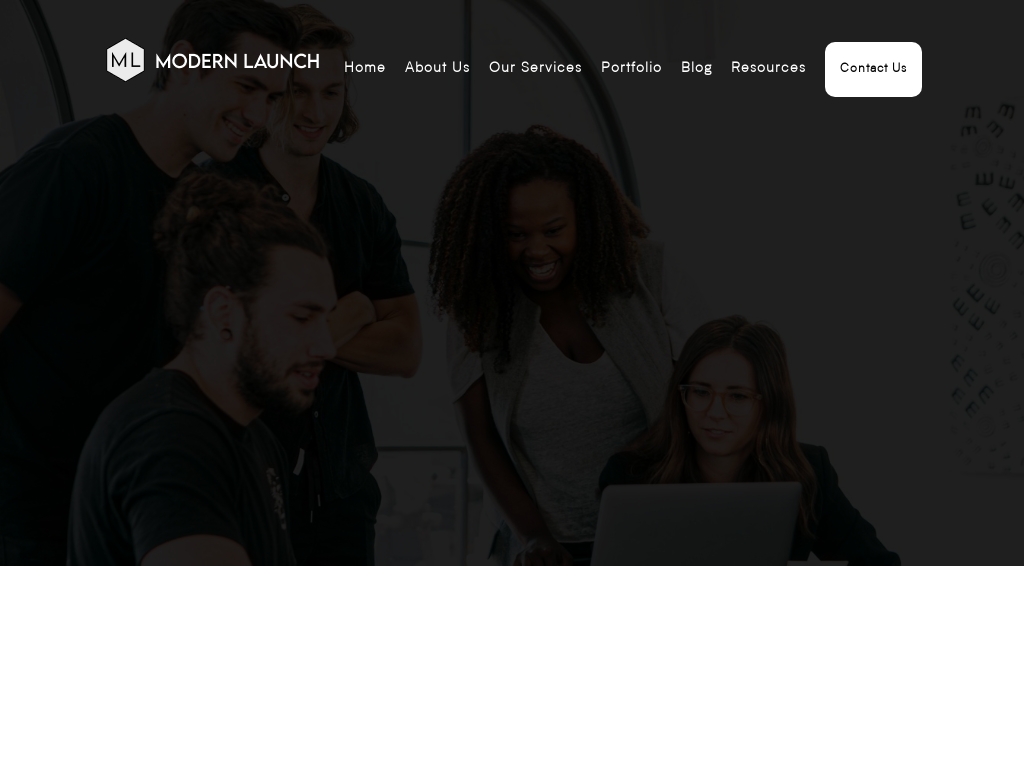

Modern Launch, a custom software development company, generated over $100k in revenue and achieved profitability within its first 3 weeks of bootstrapping, offering services including mobile application development, website development and design, and custom software development.




21. OneTake A.I. ($504K/year)
Sébastien was initially running a 7-figure training business and constantly found video production to be a time-consuming and labor-intensive process. Noticing that his clients faced similar issues, he thought there had to be a better way. He envisioned a tool that could streamline the editing process and greatly reduce the time required, which led to the concept of OneTake AI.
Before fully diving in, he created a proof of concept and got early feedback. Some initial users even wanted an even easier solution, sparking the idea of a "Magic Button" for one-click editing. Recognizing the potential, he committed to refining the product using AI, despite the early challenges and uncertainties.
Sébastien’s journey taught him that customer feedback is essential for refining ideas. He learned that sometimes the simplest solutions are the most impactful, and being responsive to user needs can drive innovation. Ultimately, it was his understanding of his own and his clients' pain points that provided the clarity and direction needed to build a successful product.
How much money it makes: $504K/year


OneTake AI is a cutting-edge solution that revolutionizes video editing for entrepreneurs and content creators with impressive automation, achieving over EUR 7,000 MRR by focusing on a one-click editing feature and leveraging powerful email, affiliate, and paid advertising strategies to build a loyal and profitable user base, while initially reducing contractor payroll costs and overcoming fundraising challenges.




22. Six Atomic ($480K/year)
Taime Koe, the CEO of Six Atomic, came up with the idea for his business after recognizing the flaws in the apparel industry's supply chain. He saw the potential for on-demand production, which would allow for personalization and sustainability while reducing inventory risk. Through years of research and development, Six Atomic created automation technology that can create customized patterns and designs for each customer, ultimately leading to a more efficient and profitable supply chain.
How much money it makes: $480K/year
How much did it cost to start: $10K
How many people on the team: 20


Six Atomic builds automation technology for the apparel industry to enable real-time, sustainable, and personalized supply chains.




23. Dusseau and Company ($420K/year)
Mark, the founder of Dusseau and Company, drew inspiration from his personal experiences as a former foster child and his professional background in software development. He saw a need to help small businesses and diverse founders build disruptive software companies, and thus, Dusseau and Company was born. With a scientific approach to product development and a commitment to empathy and helping others, Mark has successfully worked with clients like Chevron and JP Morgan Chase, helping diverse founders raise $700k in funding and achieve over $15 million in company valuations.
How much money it makes: $420K/year
How much did it cost to start: $1.5K
How many people on the team: 0
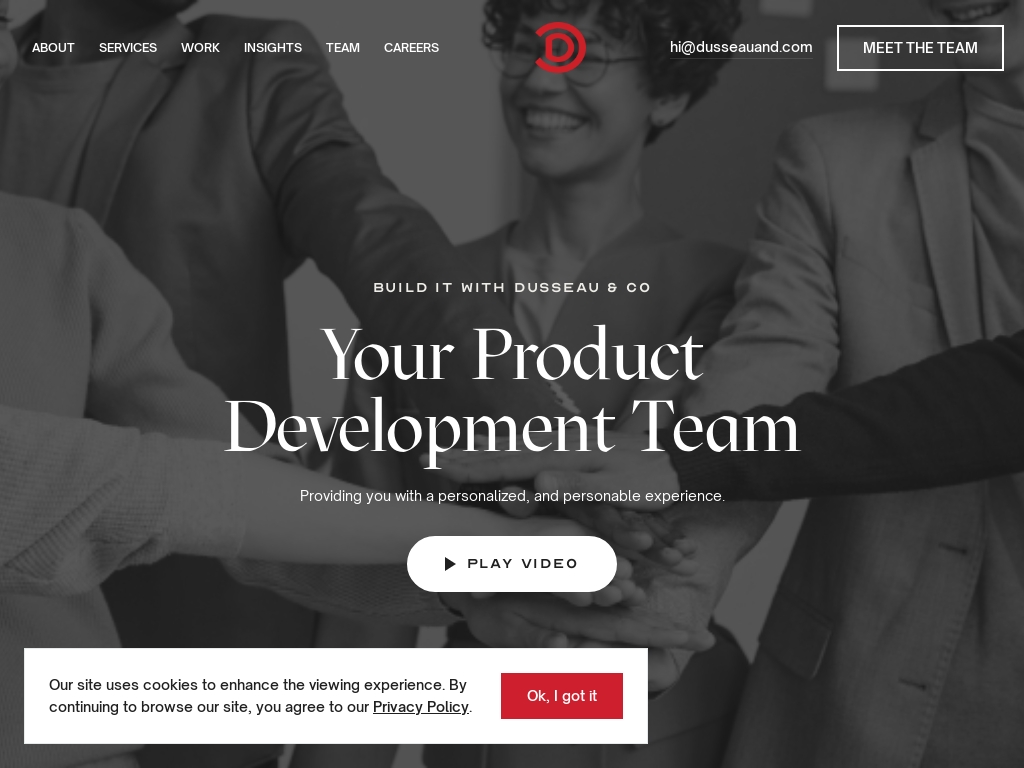

Dusseau and Company is a boutique product development firm focused on helping diverse founders ideate, design, develop, and scale disruptive technology companies, with a leading service of executing different levels of the product development lifecycle, and boasts an impressive metric of helping diverse founders build products that have gone on to raise $700k in funding and over $15 million in company valuations.




24. Quandri ($324K/year)
Quandri, founded by brothers Jackson and Jamieson Fregeau, is a digital worker company focused on automating tasks for the insurance industry. Their most popular product compares policies upon renewal, providing brokers with a summary report of important changes. With a monthly revenue of $30k and a growing team of 9, Quandri is rapidly expanding its customer base across North America.
How much money it makes: $324K/year
How much did it cost to start: $10K
How many people on the team: 6
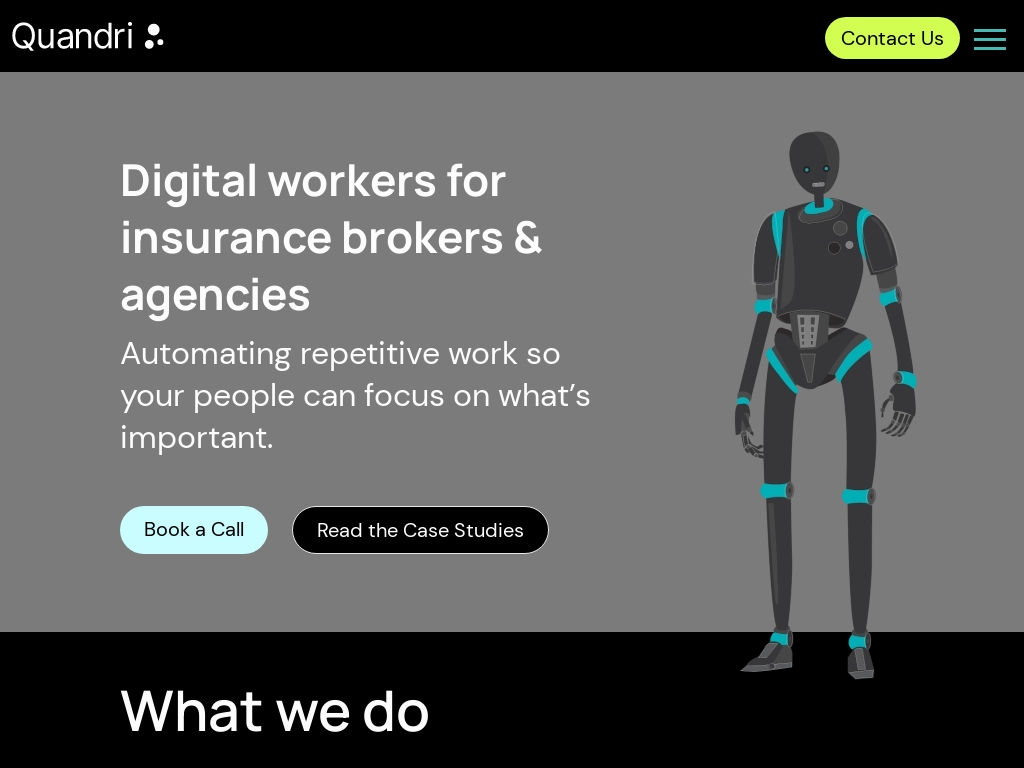

Quandri, a digital worker company that automates time-consuming work for the North American insurance industry, has grown to an average of $30k monthly revenue since co-founder Jackson Fregeau took advantage of spare time during the pandemic to build initial bots; the company has since added several full-time employees, and is "rapidly" expanding its customer base.




25. TRIARE ($300K/year)
Boris, the founder of TRIARE, came up with the idea for his software development company after working as a project manager for a German startup. When the company closed down, Boris decided to keep the team and build a business together. With just a $500 investment, they started providing software development services and eventually evolved into a full-cycle service provider. Through word of mouth and various marketing tools, TRIARE has attracted and retained customers, with their website receiving 22,000 unique visitors and generating dozens of leads.
How much money it makes: $300K/year
How many people on the team: 60
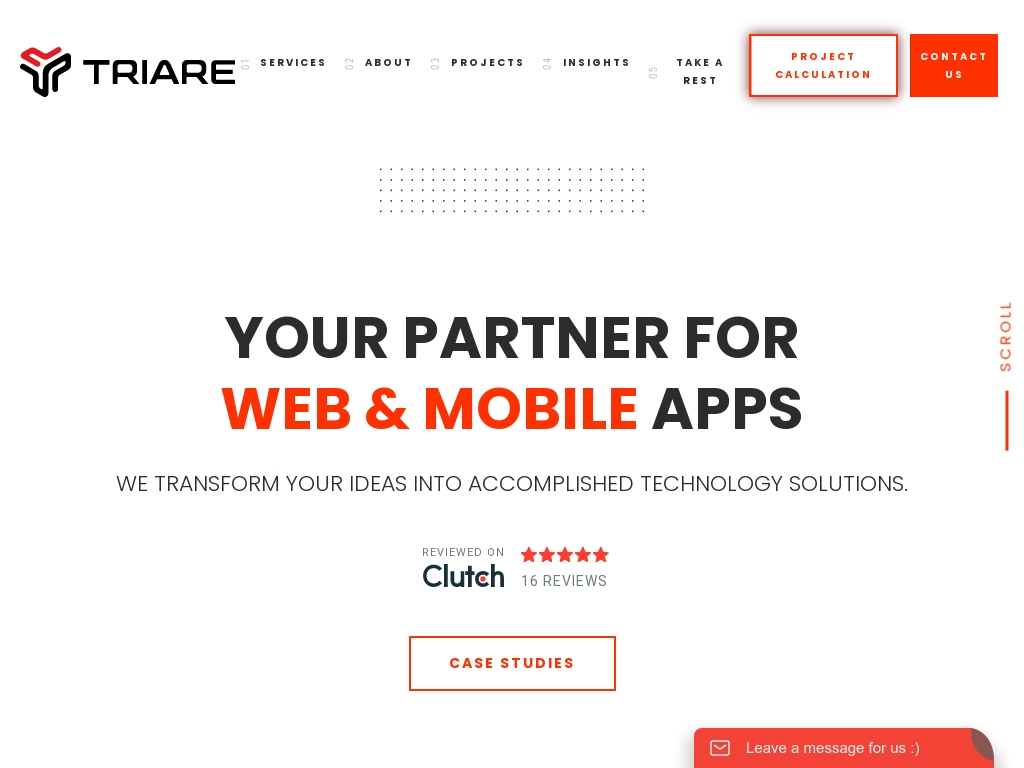

Ukrainian software development company TRIARE, with a current annual turnover of $500,000, shares how personal and collective responsibility, paired with patience and consistency, can help build a profitable business.




26. Swift App ($120K/year)
Jeet Mehta, one of the founders of Swift App, came up with the idea for the business after hearing the complaints of a sports facility owner. He and his team, all working full-time in Toronto tech, decided to build a prototype that would help facility owners manage bookings and save time. After receiving positive feedback and securing their first paying customer, they launched the business and have since grown to $10K/month in revenue.
How much money it makes: $120K/year
How much did it cost to start: $300
How many people on the team: 3


Swift App founders built software to help sports facility owners run their businesses, freeing up valuable time with an easy-to-use online booking system, which has helped the company grow to $10k/month in revenue.




27. Sync2Sheets ($108K/year)
Leandro, a former freelance software developer from Buenos Aires, pivoted from freelancing to building Sync2Sheets, a tool syncing Notion databases with Google Sheets. Launched rapidly in just two weeks, the product now boasts $9k MRR and over 400 paying customers, including Canva and Wix.
How much money it makes: $108K/year
How much did it cost to start: $0
How many people on the team: 0
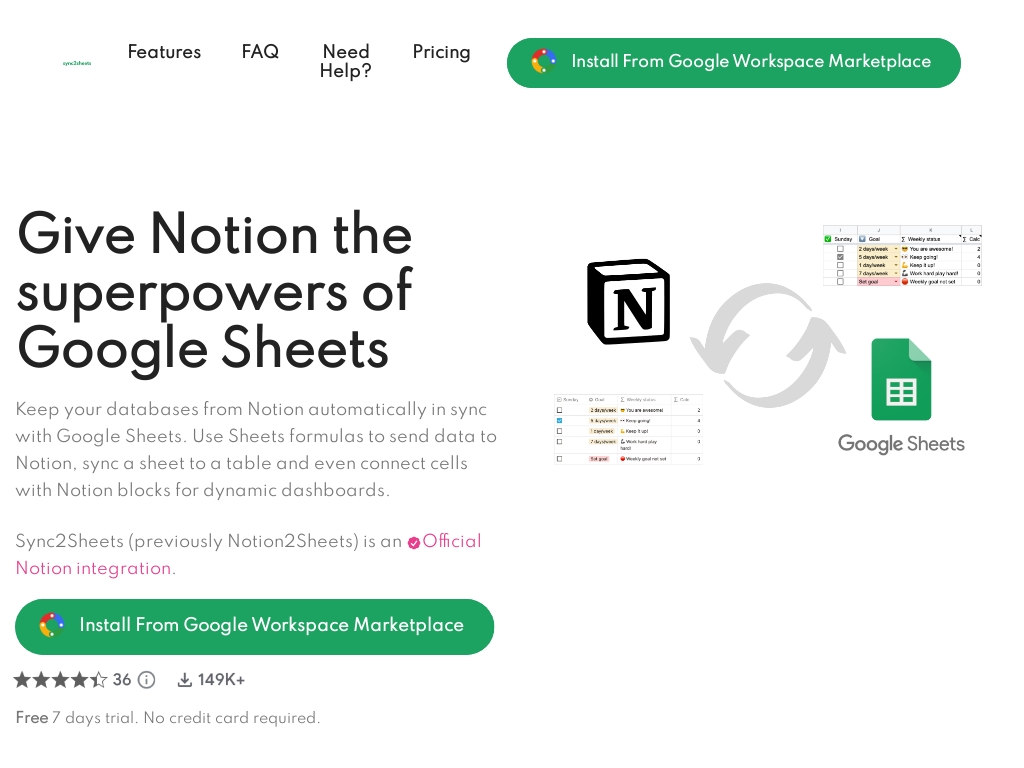

A Software Engineer turned SaaS founder shares the journey of building Sync2Sheets, a Google Workspace Add-On that syncs Notion databases with Google Sheets, generating $9k MRR with over 400 paying customers, strategic marketing tactics, and plans for expansion into other services.




28. Session ($100K/year)
Philip, a designer and developer based in Jakarta, came up with the idea for Session after experiencing frustration with slow handoffs between design and development at a startup he worked for. As a solution to his own problem of staying focused, he created an app that helps users block distracting websites and track their work time. Session has since gained popularity, making $5.8K per month in revenue as of May 2021.
How much money it makes: $100K/year
How much did it cost to start: $120
How many people on the team: 0
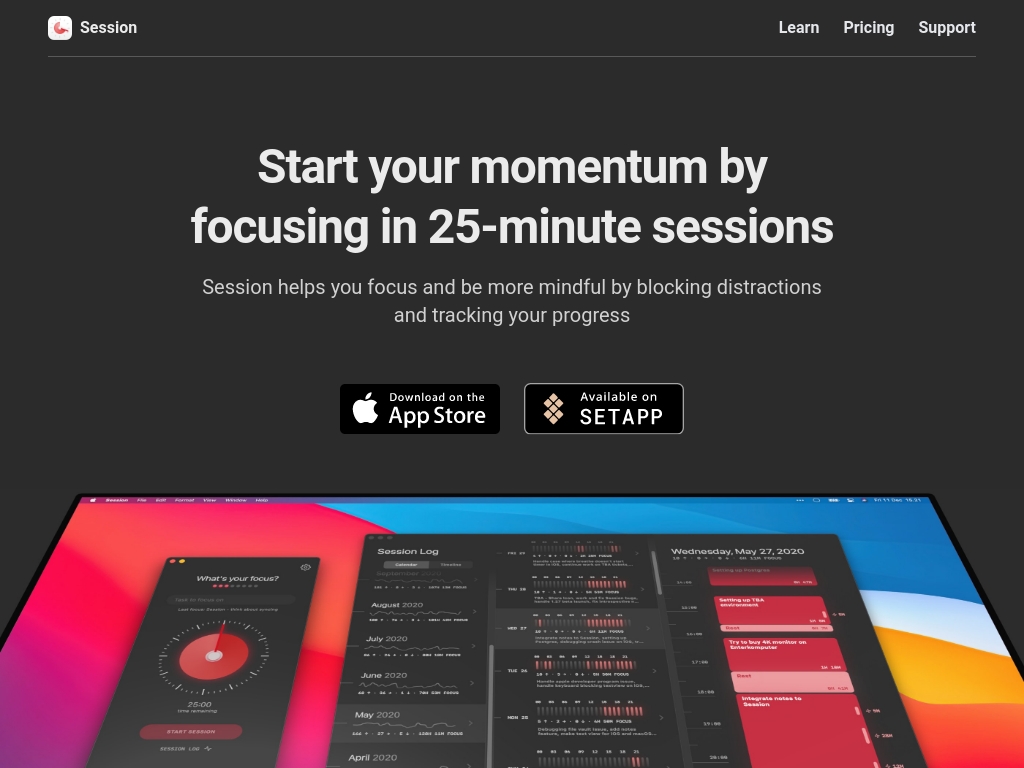

Learn how a designer and developer from Indonesia created Session, an app that helps people stay focused by blocking distractions, which currently makes $5.8K per month in revenue through its freemium business model.




29. Legislate ($60K/year)
Charles Brecque, the founder of Legislate, came up with the idea for his legal tech company after experiencing the slow and painful process of creating, negotiating, and tracking contracts in his previous startup role. He realized that making contracts machine-readable through knowledge graphs would be a more efficient solution and secured initial funding to start building the platform. Legislate has since gained over 120 paying clients and raised £1M in funding.
How much money it makes: $60K/year
How much did it cost to start: $150K
How many people on the team: 12
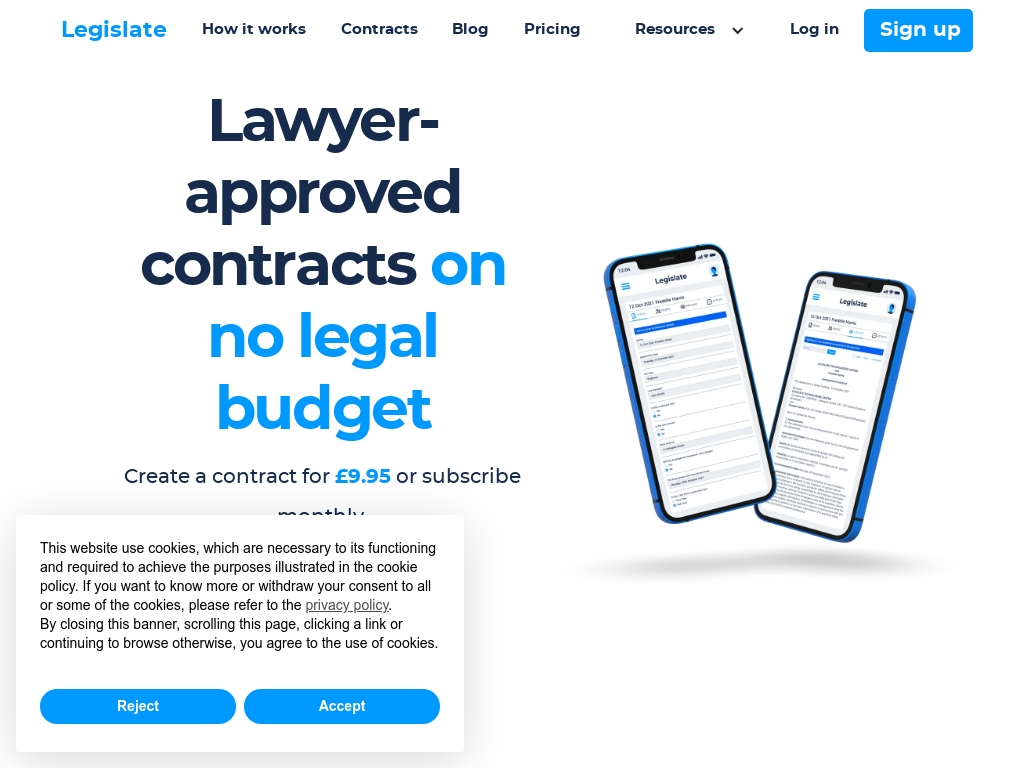

A legal tech company, Legislate, founded by Charles Brecque, makes it easy for non-lawyers to safely create lawyer-approved contracts and track the data they contain, with a team of 12 and over 120 paying clients split between property and employment.




30. Talknotes ($108K/year)
After dropshipping and freelancing fizzled out, Nico locked himself in a hotel room for two months, learned to code from scratch, and launched 17 apps in a year—selling one for $65,000. His frustration with poor transcription tools led him to create Talknotes, now generating $5,000/month.
How much money it makes: $108K/year
How much did it cost to start: $0
How many people on the team: 0
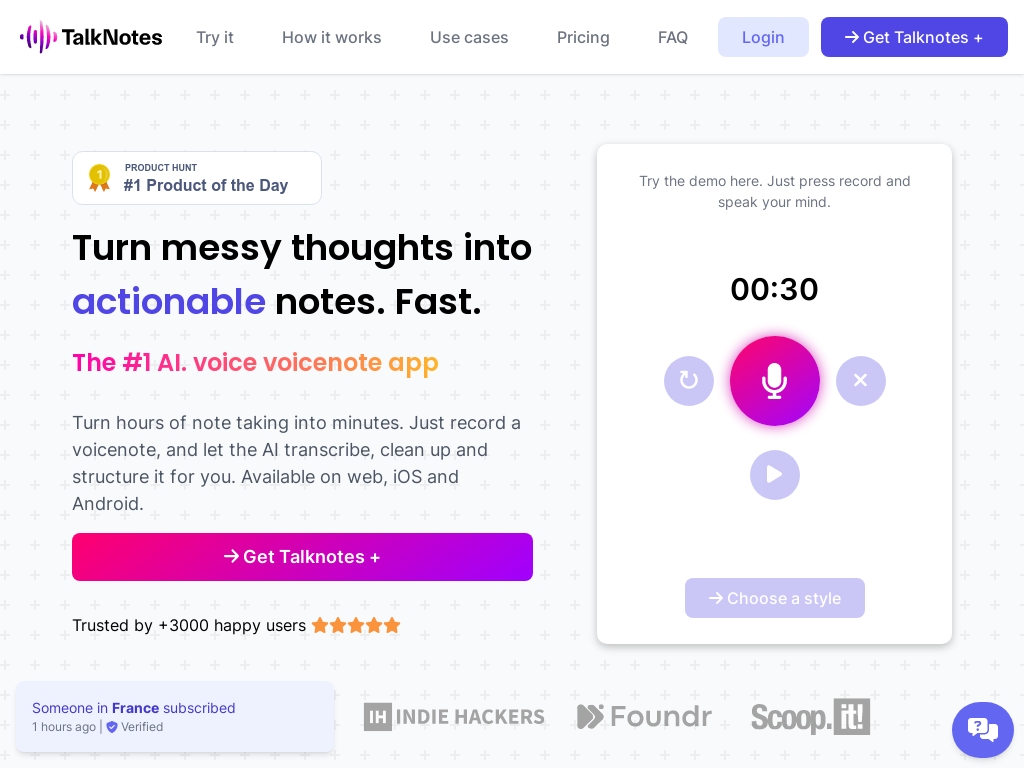

Case study of how an aspiring founder learned to code in 2 months, shipped 17 apps in a year, sold one for $65,000, and built Talknotes generating ~$5,000 per month with 5,000 users, focusing on turning voice notes into structured content for content creators and entrepreneurs.




31. Freeflow ($60K/year)
Mikhiel Tareen and Nick Scavone, former employees of Okta, noticed the challenges that remote employees faced in terms of feeling disconnected from their teams. They conducted extensive research and discovered that the root cause was the lack of casual and spontaneous communication tools for remote teams. This led them to create Freeflow, a B2B software company that provides a 'virtual office' for remote teams to collaborate in a more organic and efficient manner.
How much money it makes: $60K/year
How many people on the team: 8
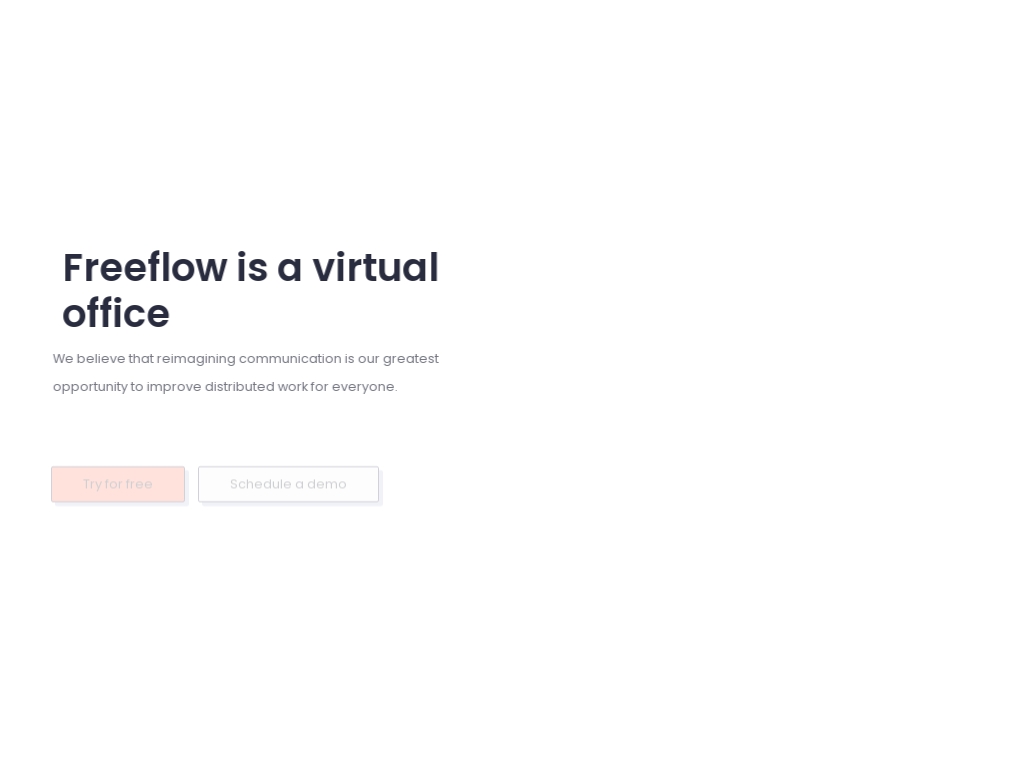

Freeflow, a B2B software company providing a 'virtual office' for remote teams, raised $1.7M in pre-seed funding, reduced meeting times by as much as 50%, boasts 35+ daily team conversations, and helps globally scaling firms integrate new hires and onboard into the culture.




32. AYH Consulting Ltd ($60K/year)
Founder Sami Abid came up with the idea for AYH Consulting Ltd while working in various jobs where he implemented technology systems to streamline operations. After gaining recognition for his work, he began offering his services on platforms like Upwork and Fiverr, eventually earning enough to quit his day job and focus on running his automation business full-time.
How much money it makes: $60K/year
How much did it cost to start: $500
How many people on the team: 1
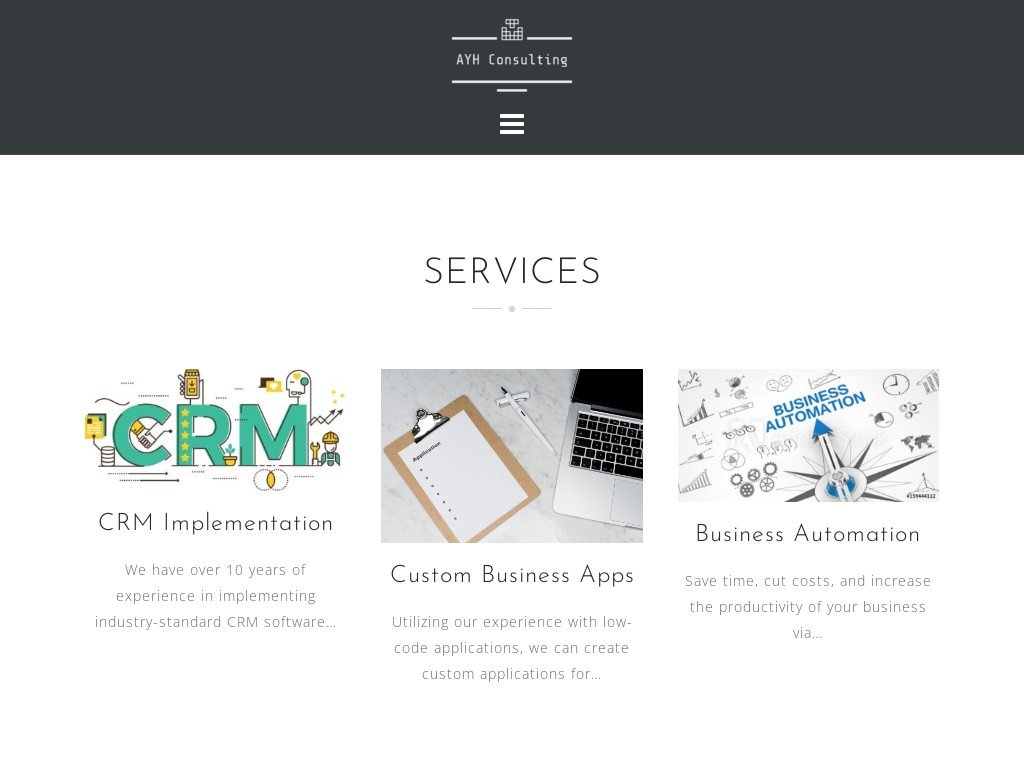

AYH Consulting Ltd is a service-based business that helps automate businesses using low-code applications, bringing in an average of $6k/month, with a stable retainer income, offering a good customer experience, and considering diversifying its income stream in the future through digital products.




33. Finale To Do ($48K/year)
Grant Oganyan, founder of Finale To Do, came up with the idea after struggling to find a task management app that suited his needs. Inspired by his success with his first app, Finale: Daily Habit Tracker, Grant wanted to create a customizable and aesthetically pleasing task management app without the need for monthly subscriptions. After experiencing displacement due to the war in Russia, Grant fully invested himself in running his own business and has seen promising growth, with a 500% increase in users in the first month and monthly revenue of $4,000.
How much money it makes: $48K/year
How much did it cost to start: $0
How many people on the team: 2
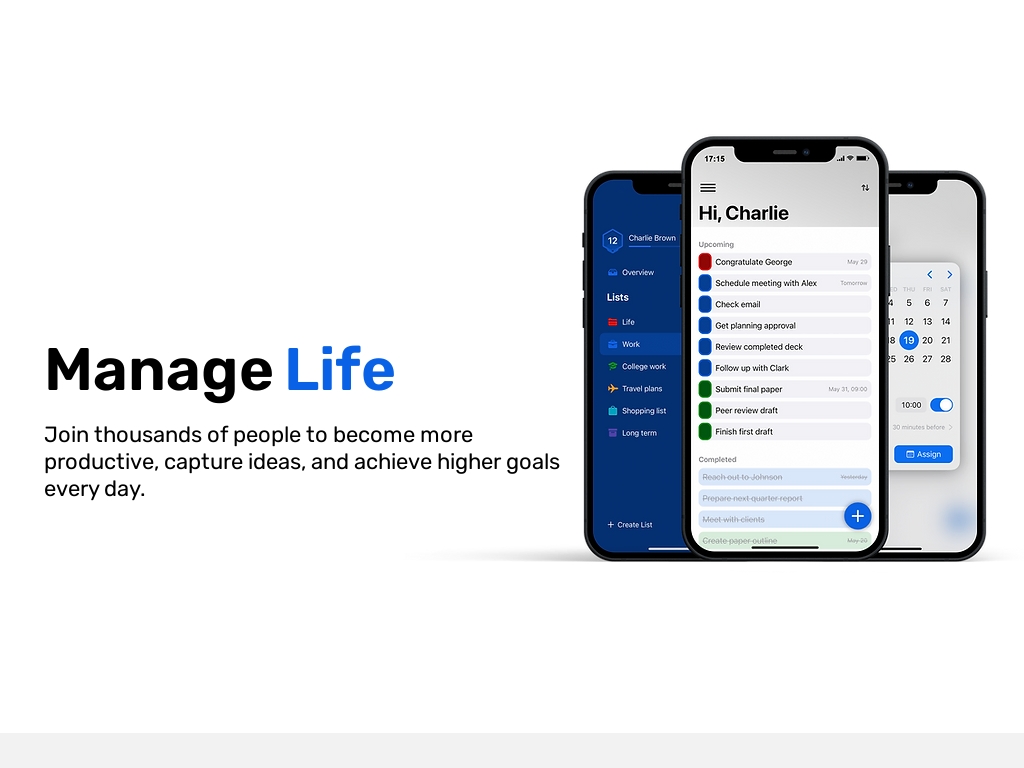

Finale To Do is a mobile task management app that offers a highly customizable and aesthetically pleasing experience, boasting a $4,000/month net and gaining a 500% increase in users in its first month.




34. Data Excavator ($48K/year)
Vitaly, a programmer and entrepreneur, came up with the idea for Data Excavator while working on a project to create a catalog of automobile oils. Frustrated with the difficulty of obtaining data from manufacturers, he developed a prototype that could scrape information from websites using CSS selectors. The prototype proved successful, allowing him to collect the desired database in just a few hours.
How much money it makes: $48K/year
How much did it cost to start: $30K
How many people on the team: 2
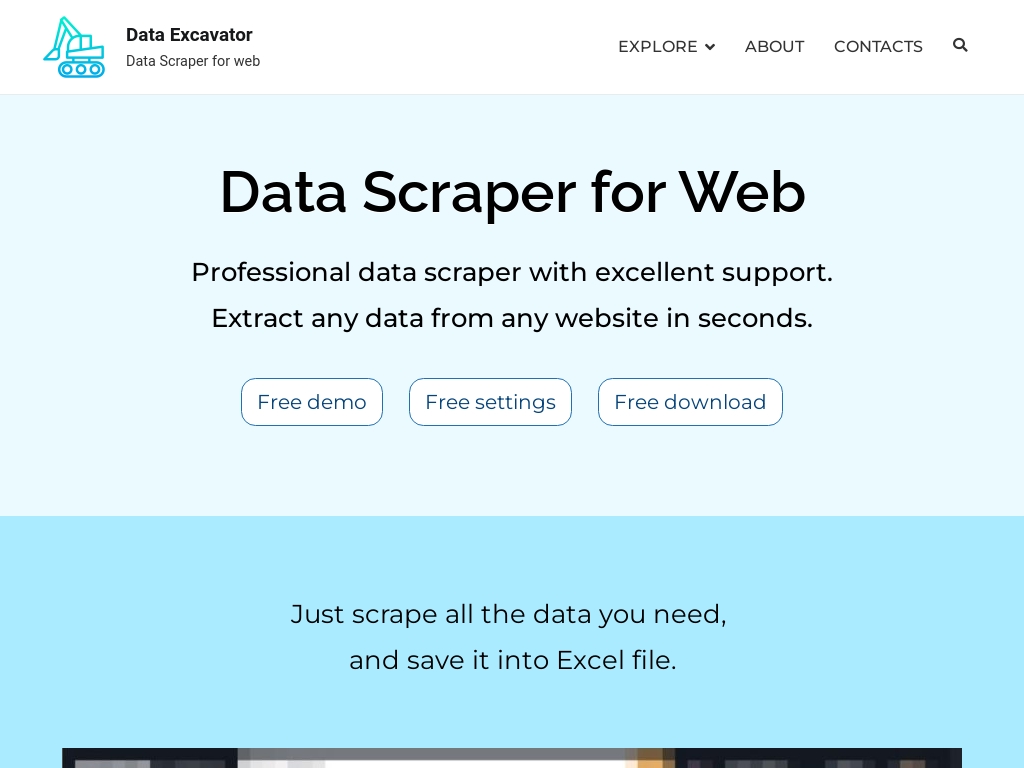

Vitaly, a programmer and entrepreneur, accidentally created a data scraping app while working on a different startup that has since compiled energy-efficient databases of about 500,000 goods used by five large companies and many small ones, with monthly sales of over $100 million.




35. Purpur ($36K/year)
Elena Zaharova and Anfisa Savchenko leveraged their marketing expertise from a skincare company to launch Purpur, a therapy-game app that deepens relationships through conversation, after their printed card games generated over $300K in sales. With an app launch in spring, they aim for $3K monthly revenue by mid-October.
How much money it makes: $36K/year
How much did it cost to start: $7K
How many people on the team: 5
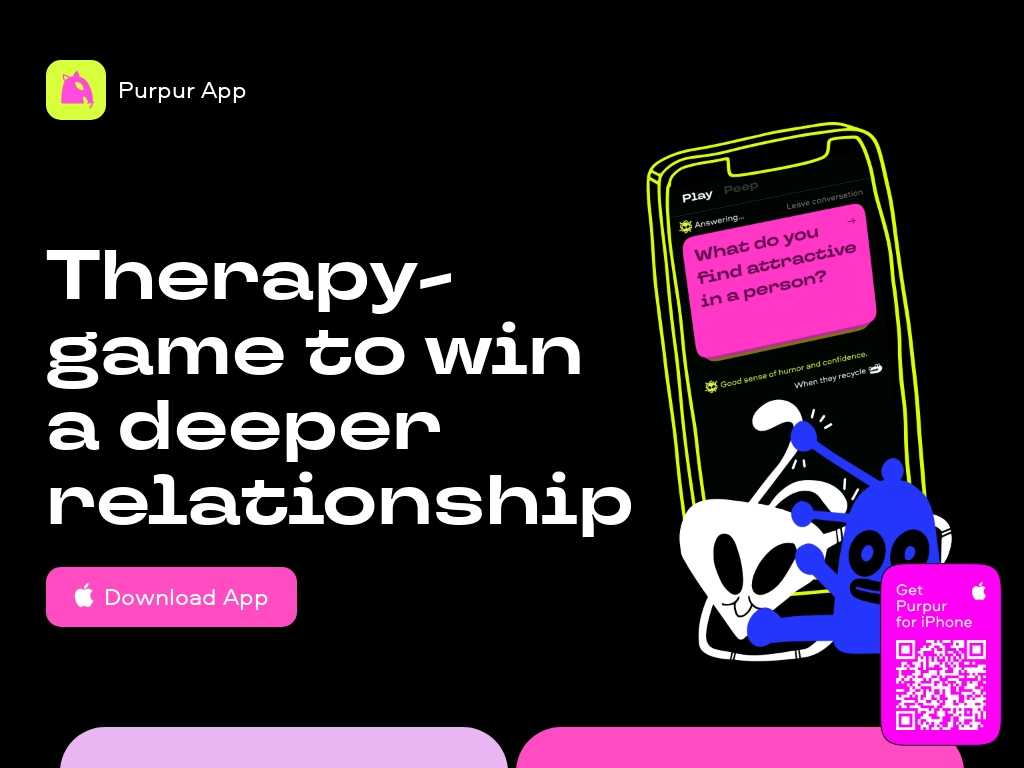

Purpur App, a therapy-game app to develop relationships through talking, generated over $300K in sales from printed card games and have launched a new app that has the potential to reach $3K monthly revenue by mid-October.




36. templatesGo ($12K/year)
Nguyen Thanh Nga co-founded Templatesgo.com after struggling to create an invitation letter, realizing the need for a simpler, more efficient way to generate legal documents. Within six months, the platform amassed 10,000 monthly users, highlighting its rapid growth and user appeal.
How much money it makes: $12K/year
How much did it cost to start: $30K
How many people on the team: 1
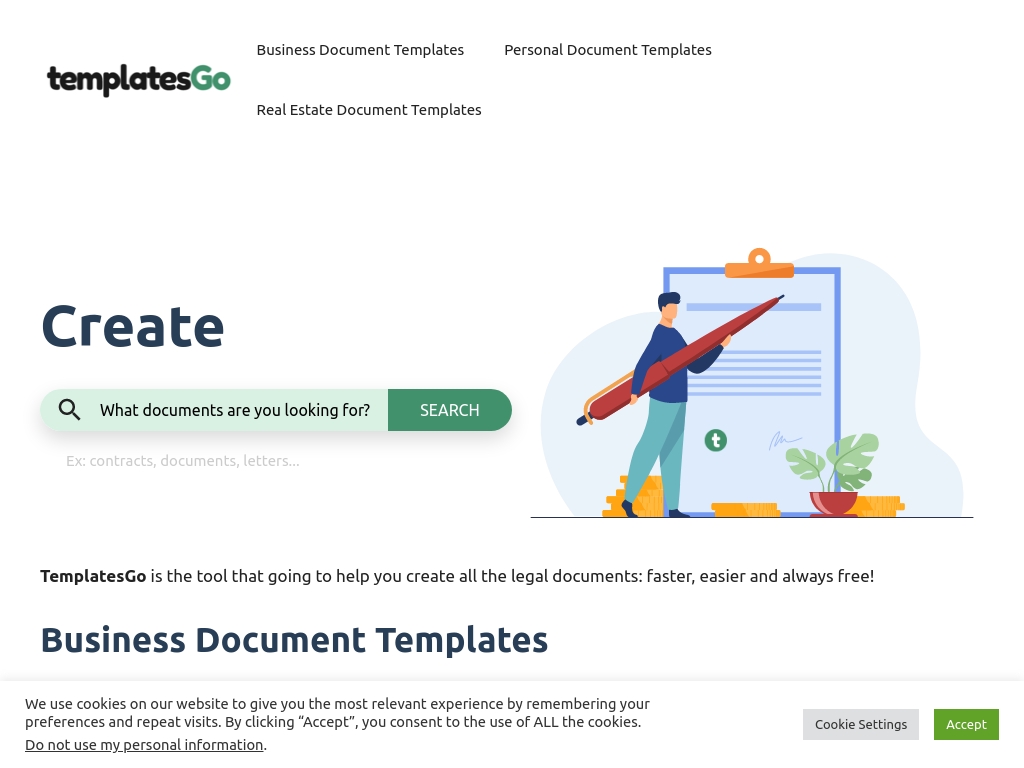

Templatesgo.com is a document generator for legal documents that has gained 10,000 users per month since launching in 2022 and offers a wide range of legal documents in three main categories: real estate, business, and personal documents.




37. Workee ($12K/year)
Workee, the user-friendly business management software for freelancers, was born out of the founder's personal experience. When his therapist mom lost her job due to COVID, he realized the need for a simple tool to automate work routines for professionals with online appointments. After conducting interviews and receiving feedback, they launched an MVP and have since attracted customers through paid channels and organic growth. Their future plans include expanding their user base and launching a fully free package to drive growth and retention.
How much money it makes: $12K/year
How many people on the team: 6
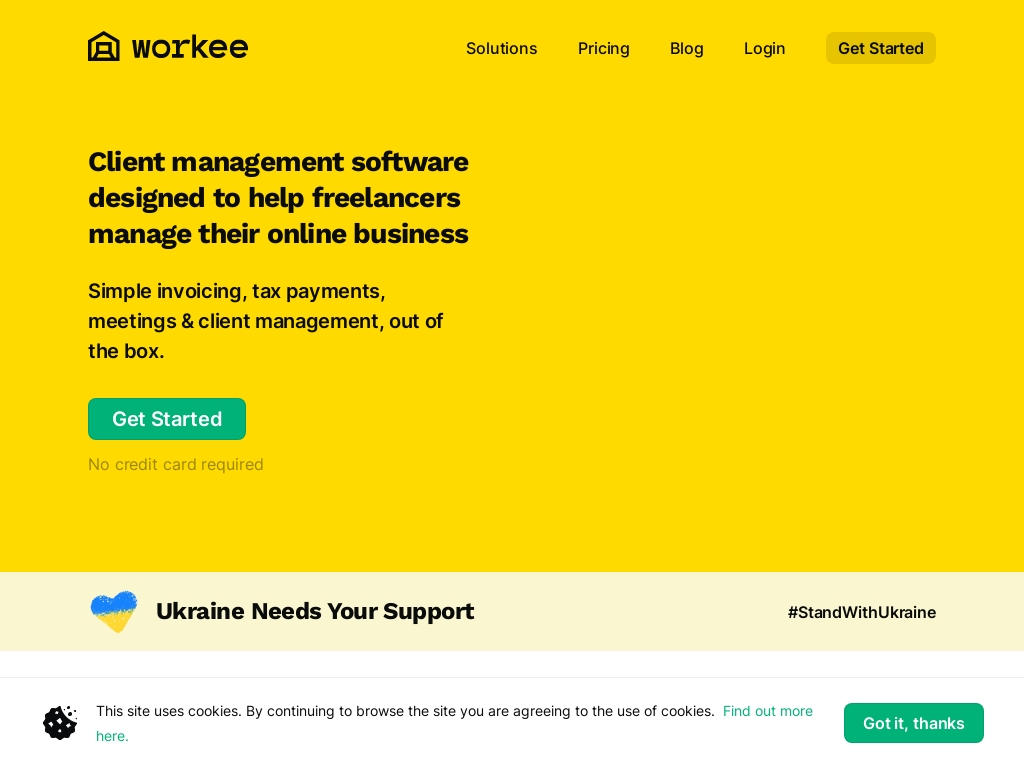

Workee is a user-friendly business management software for freelancers who do private appointments, created by a team of experienced software developers after conducting 20 interviews and seeing a huge need for a tool that can autopilot work routines and an all-in-one approach to avoid high marketplace fees.




38. Fueler ($4.2K/year)
While hustling as a freelancer and juggling multiple client requests, Riten Debnath saw the inefficiency of managing customized portfolios. Realizing others faced the same challenge, he launched Fueler—a seamless, user-friendly platform that has since attracted over 7,000 members and paid out $12,000+ to freelancers.
How much money it makes: $4.2K/year
How much did it cost to start: $3K
How many people on the team: 4
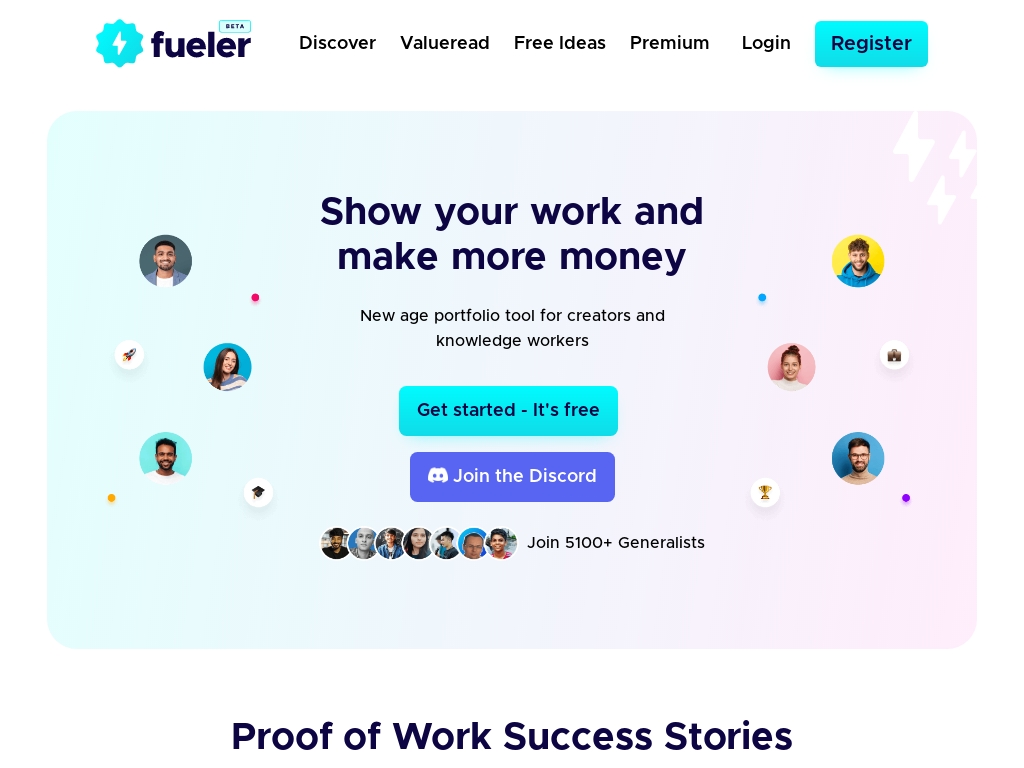

Fueler is an online portfolio platform for knowledge workers that has grown to 7000+ members worldwide, paid out over $12,000 to verified members, and gained most of its traffic through Twitter, offering a simple and easy-to-use platform to showcase proof of work, enabling skilled individuals to land better opportunities without credentials and certificates.

















